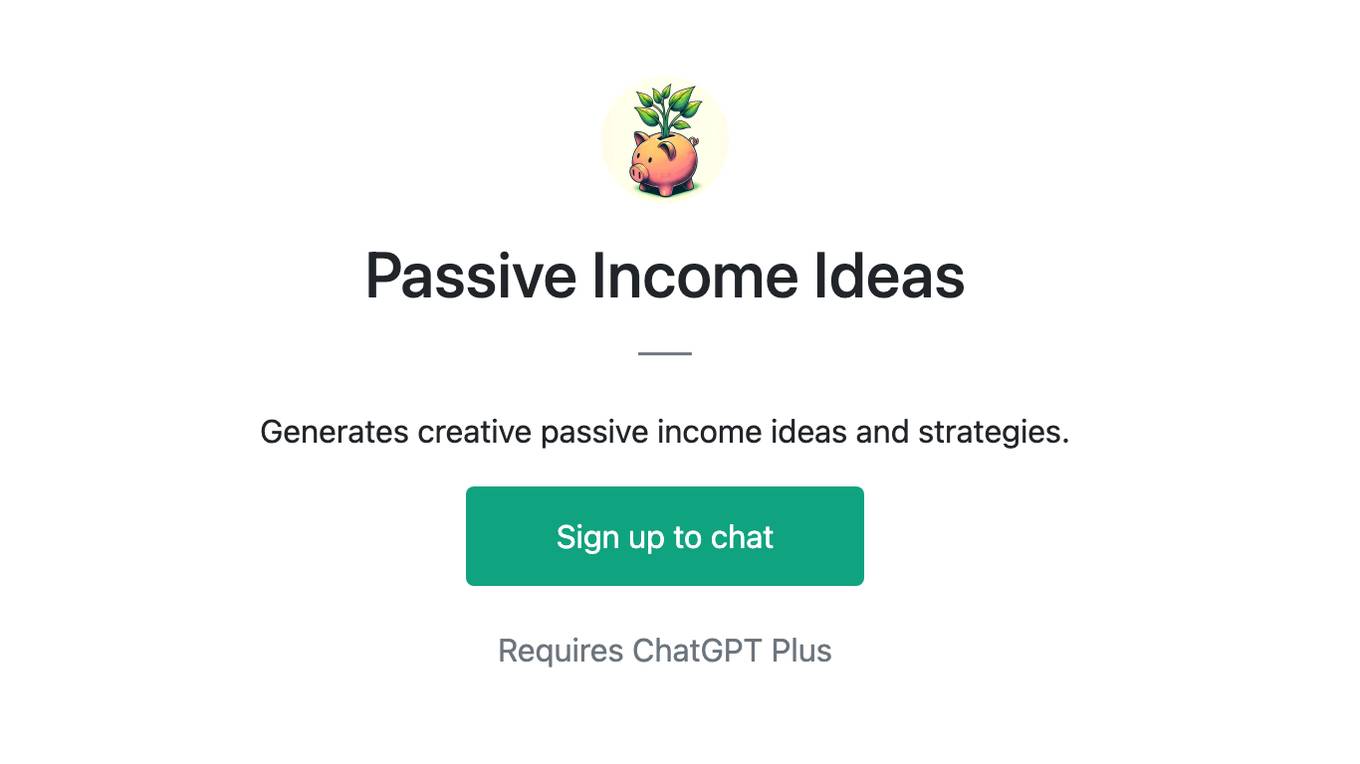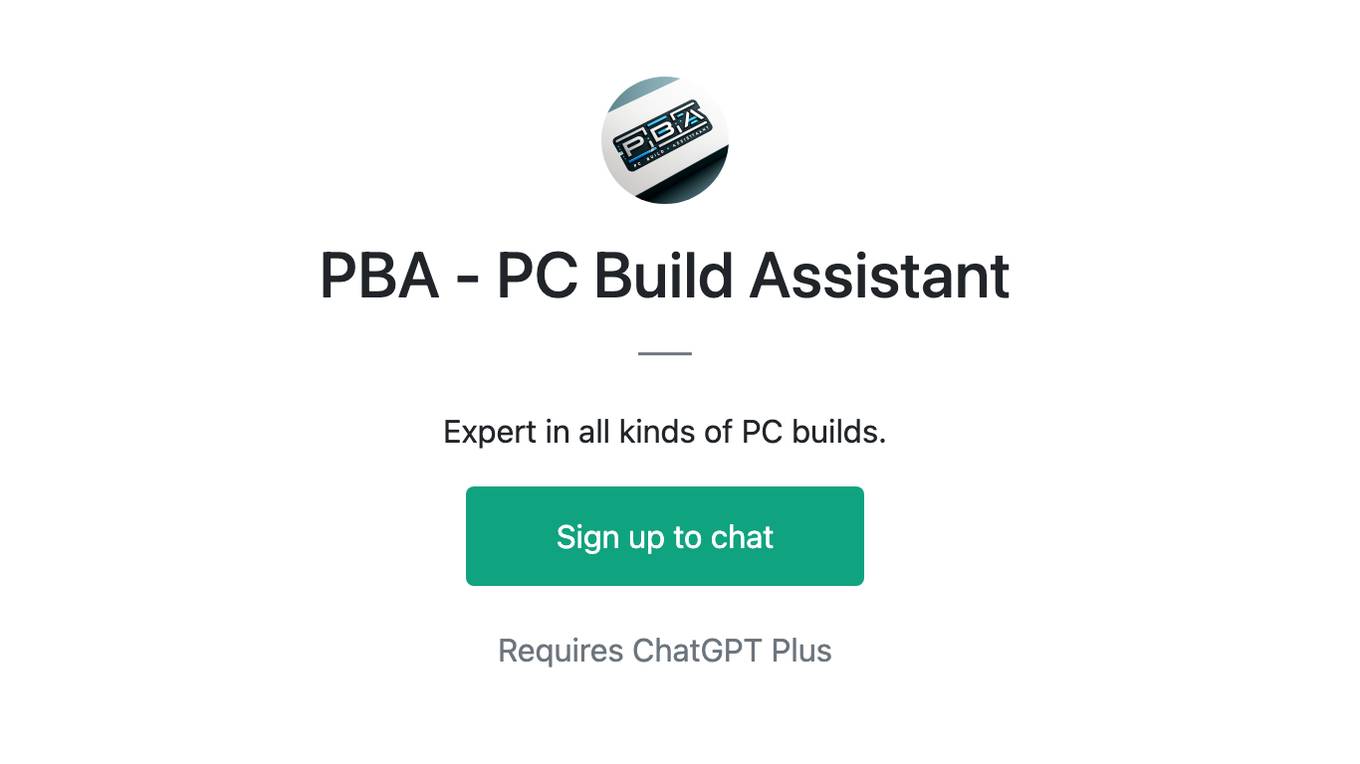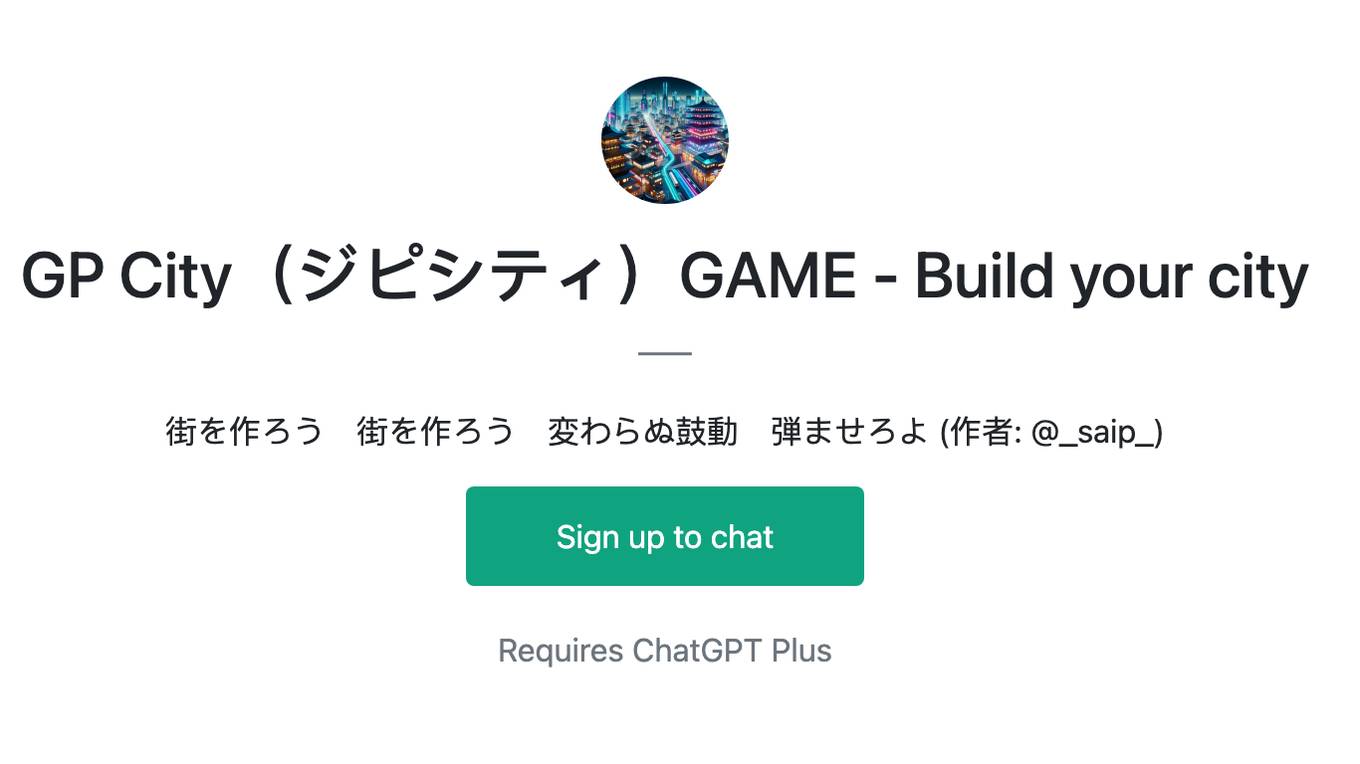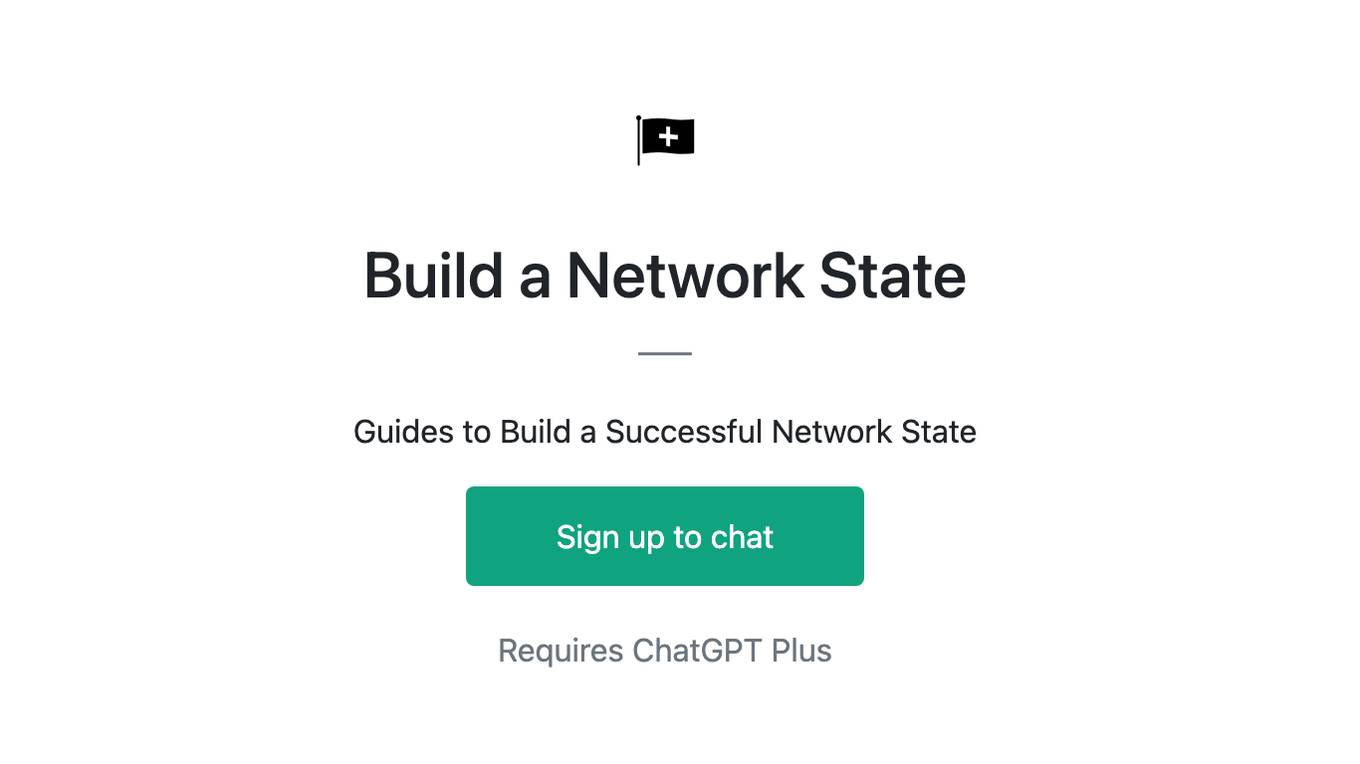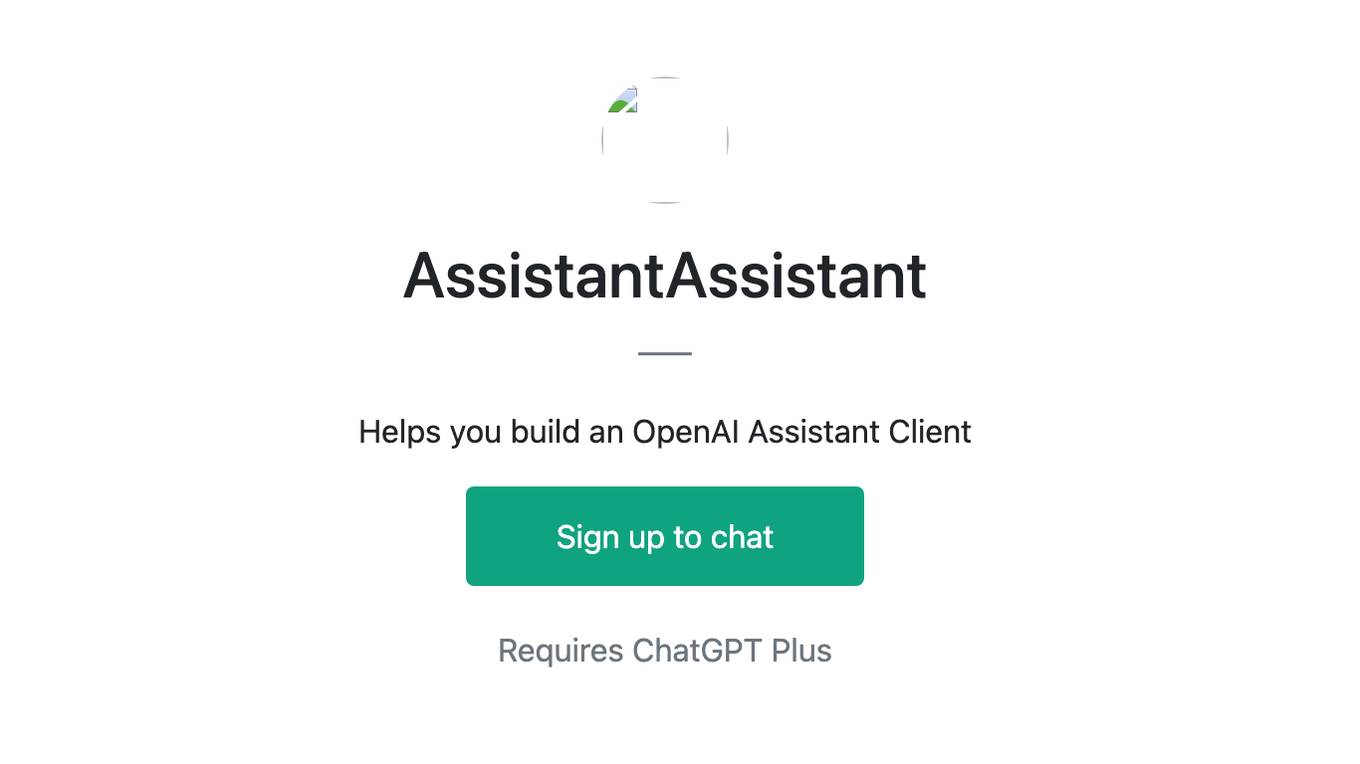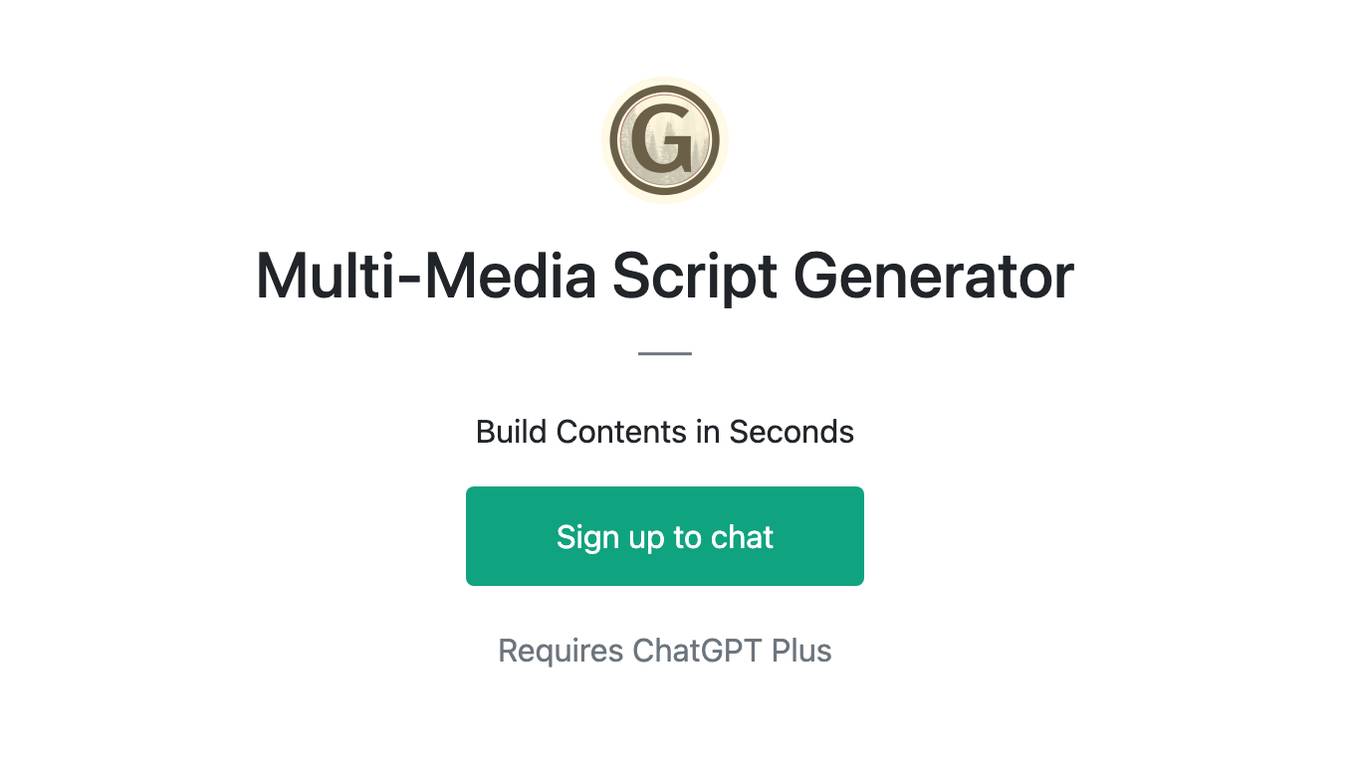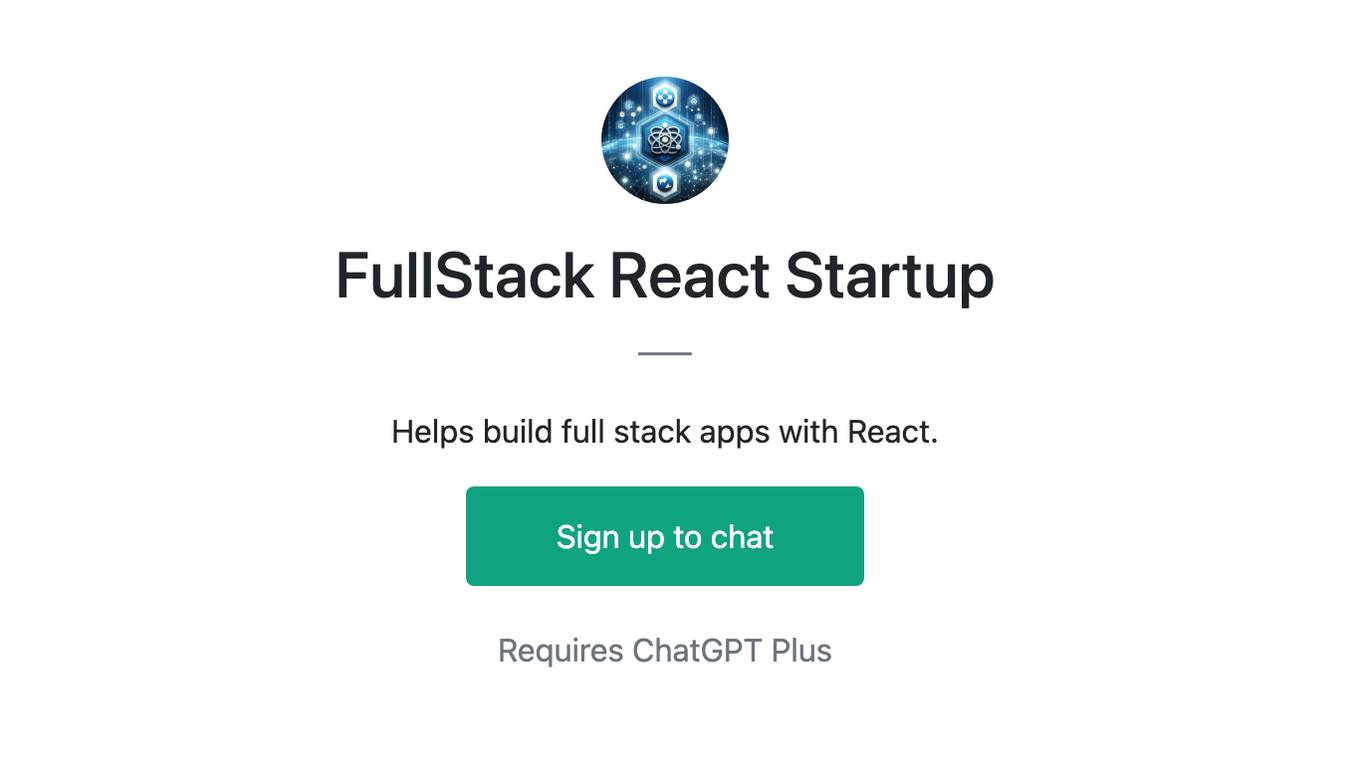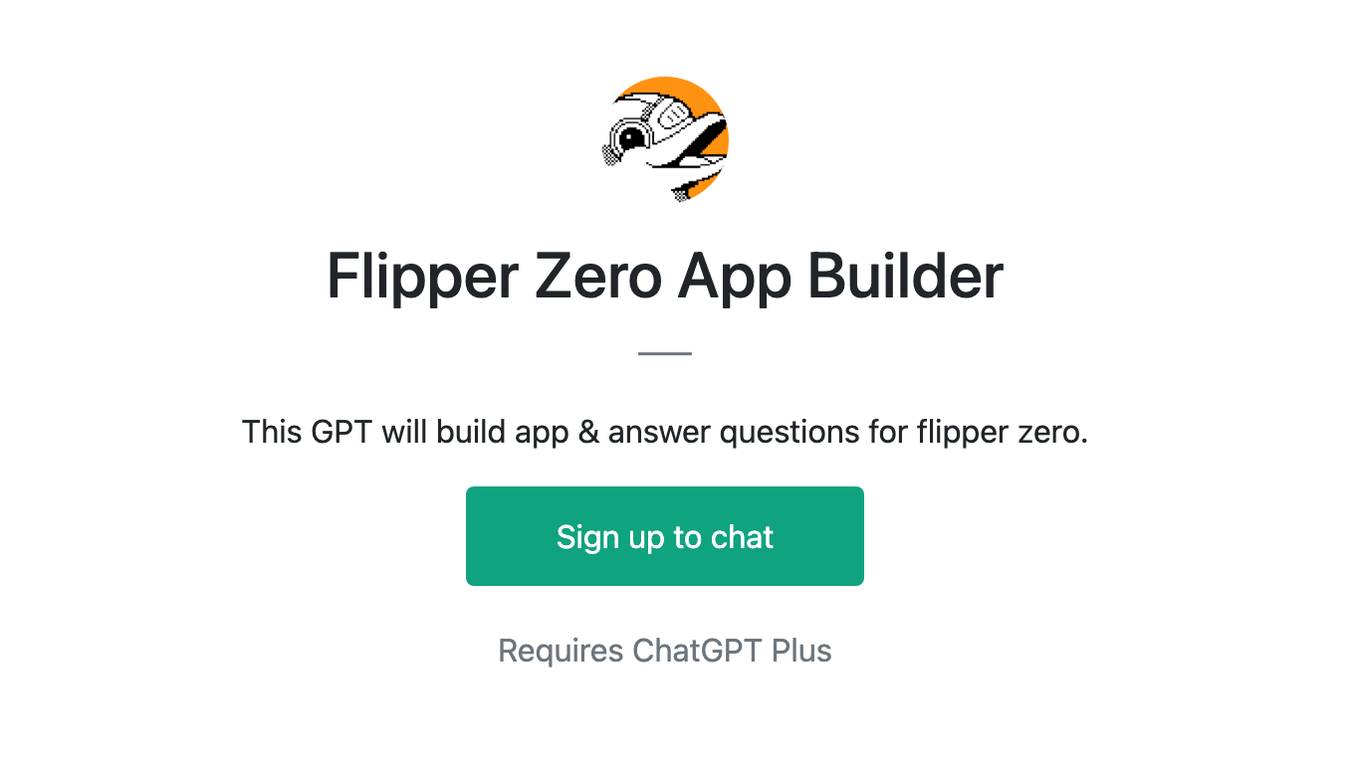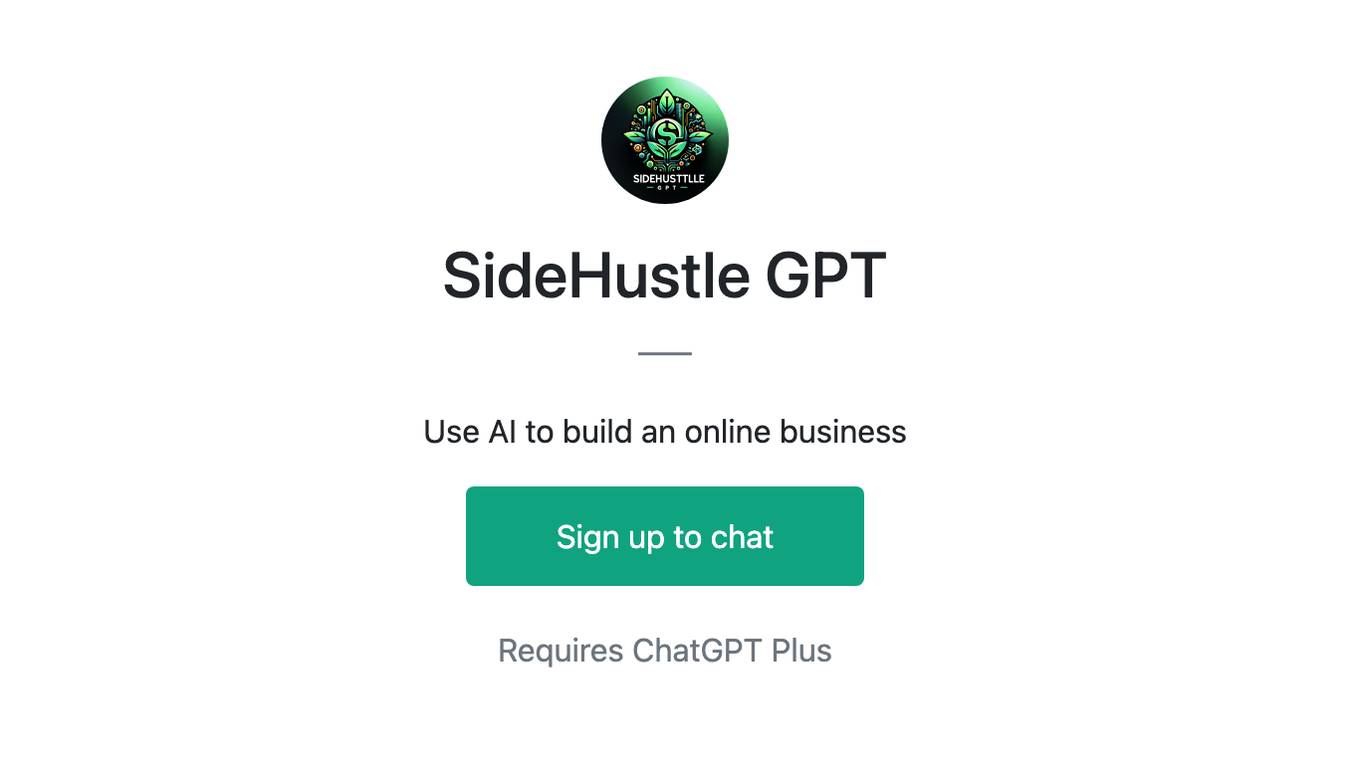Best AI tools for< Build Passive Income Businesses >
20 - AI tool Sites
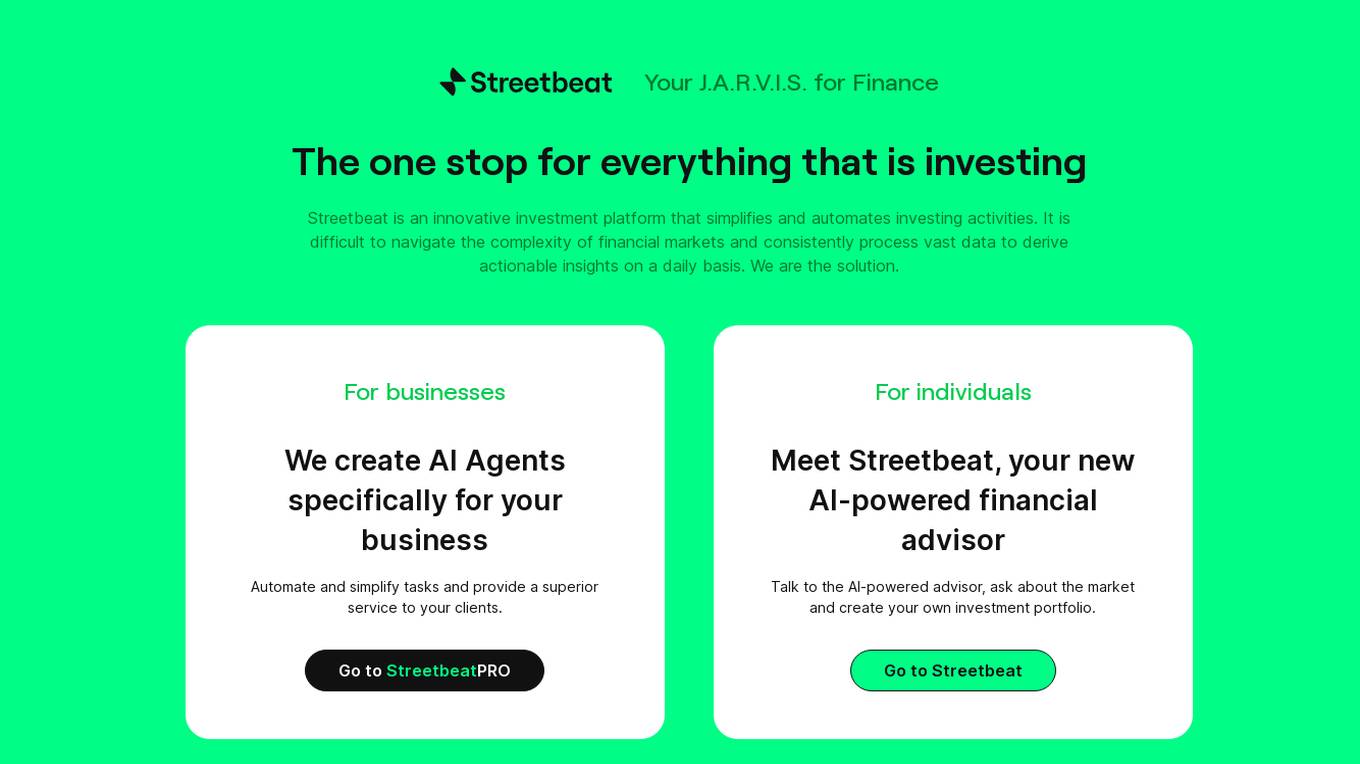
Streetbeat
Streetbeat is an innovative investment platform that simplifies and automates investing activities. It serves as a solution for navigating the complexity of financial markets and deriving actionable insights. Streetbeat offers AI Agents for businesses to automate tasks and enhance client services, while individuals can access an AI-powered financial advisor to manage investments. The platform aims to make investing more accessible and efficient for users.
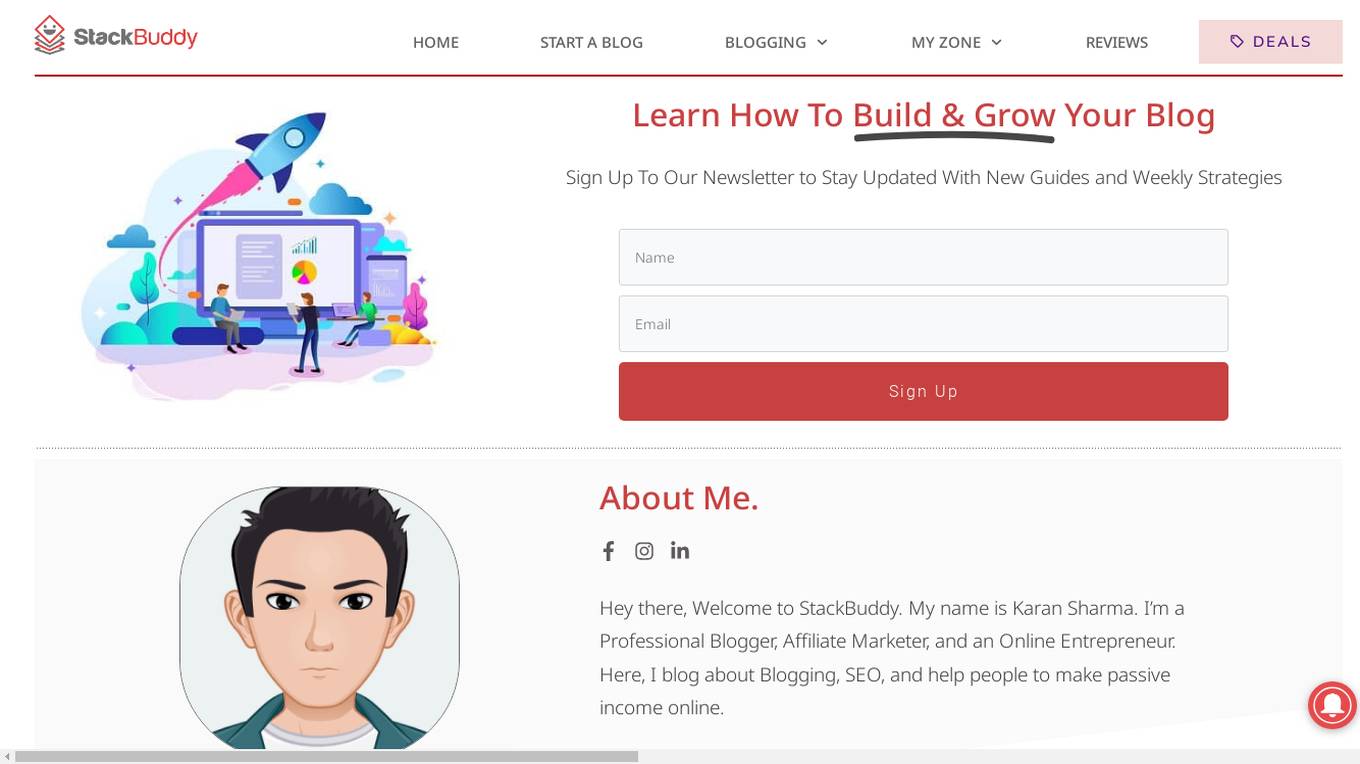
StackBuddy
StackBuddy is an AI-powered blogging, SEO, and affiliate marketing platform that offers comprehensive tools and resources for individuals looking to build and grow their online presence. The platform covers a wide range of topics including blogging, SEO, social media marketing, web hosting, entrepreneurship, and technology. Users can access guides, reviews, deals, and learn how to make passive income online. StackBuddy is designed to help users optimize their online strategies and stay updated with the latest trends in the digital space.
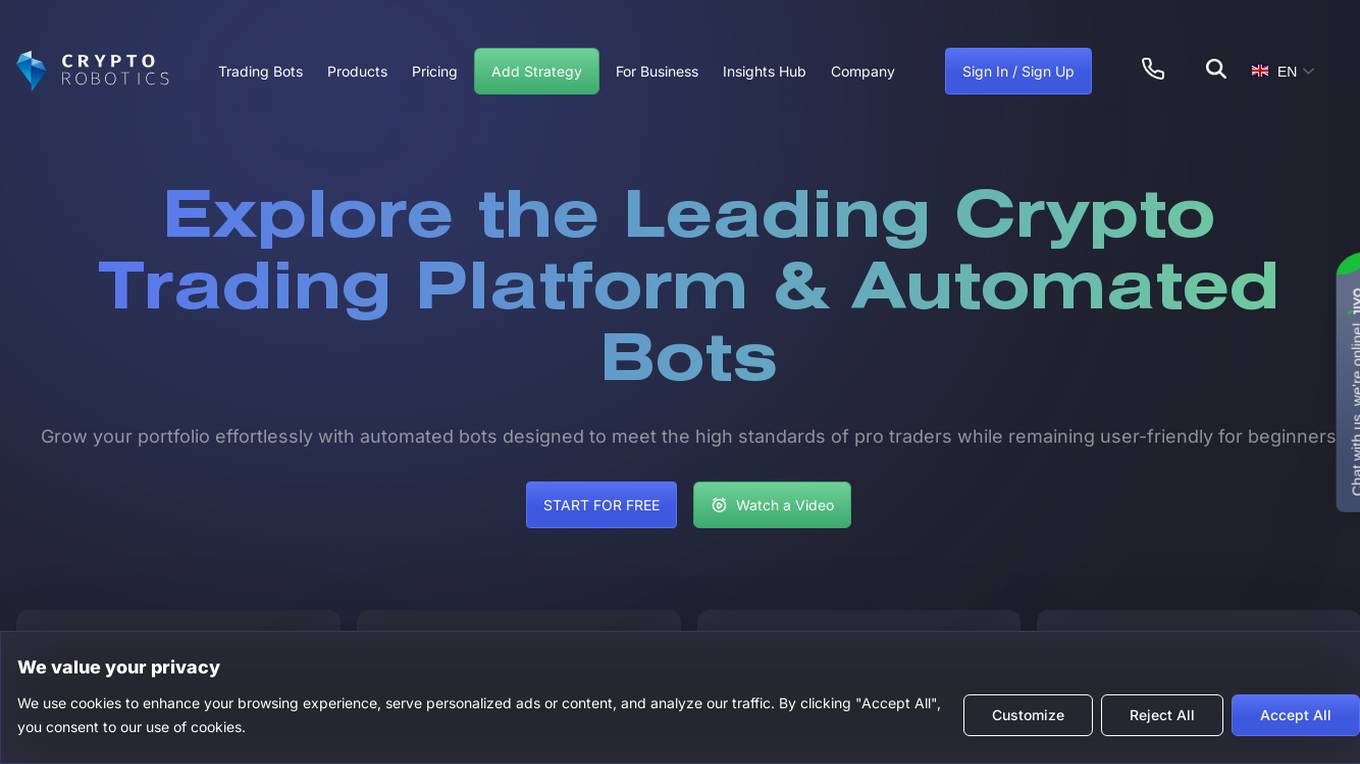
CryptoRobotics
The website is a platform offering Crypto Trading Bots for spot and futures exchanges, along with features like automated trading, copy trading, signal trading, and portfolio management. Users can access expert trading strategies, demo trading, and pay only for profitable trades. The platform provides a user-friendly experience for both beginners and pro traders, with built-in risk management and customizable settings. It also offers a mobile app for managing bots on the go.
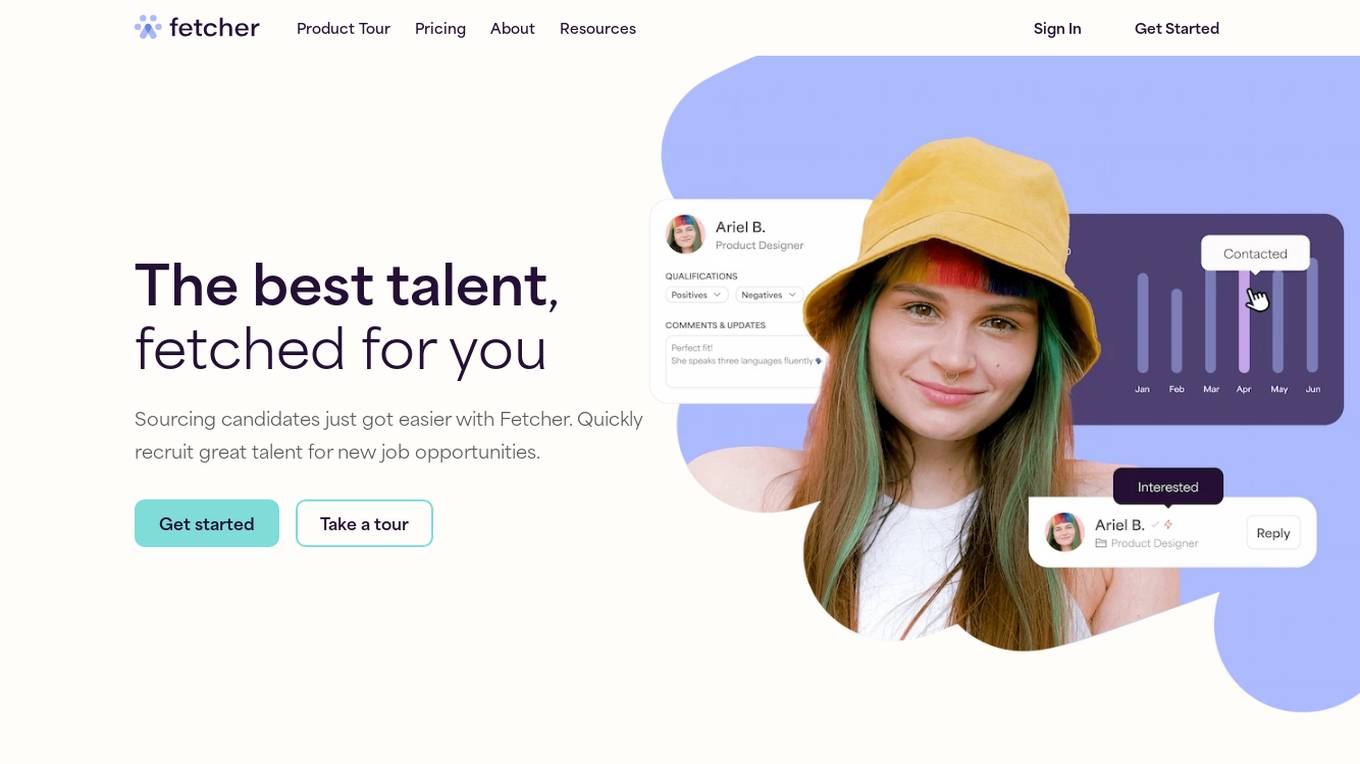
Fetcher
Fetcher is an AI candidate sourcing tool designed for recruiters to streamline the talent acquisition process. It leverages advanced AI technology and expert teams to efficiently source high-quality candidate profiles that match specific hiring requirements. The tool also provides smart recruitment analytics, personalized diversity search criteria, and verified contact information to enhance candidate engagement and streamline the recruitment process. With robust technology integrations and a focus on automating processes, Fetcher aims to help companies of all sizes attract top talent and optimize their recruitment strategies.
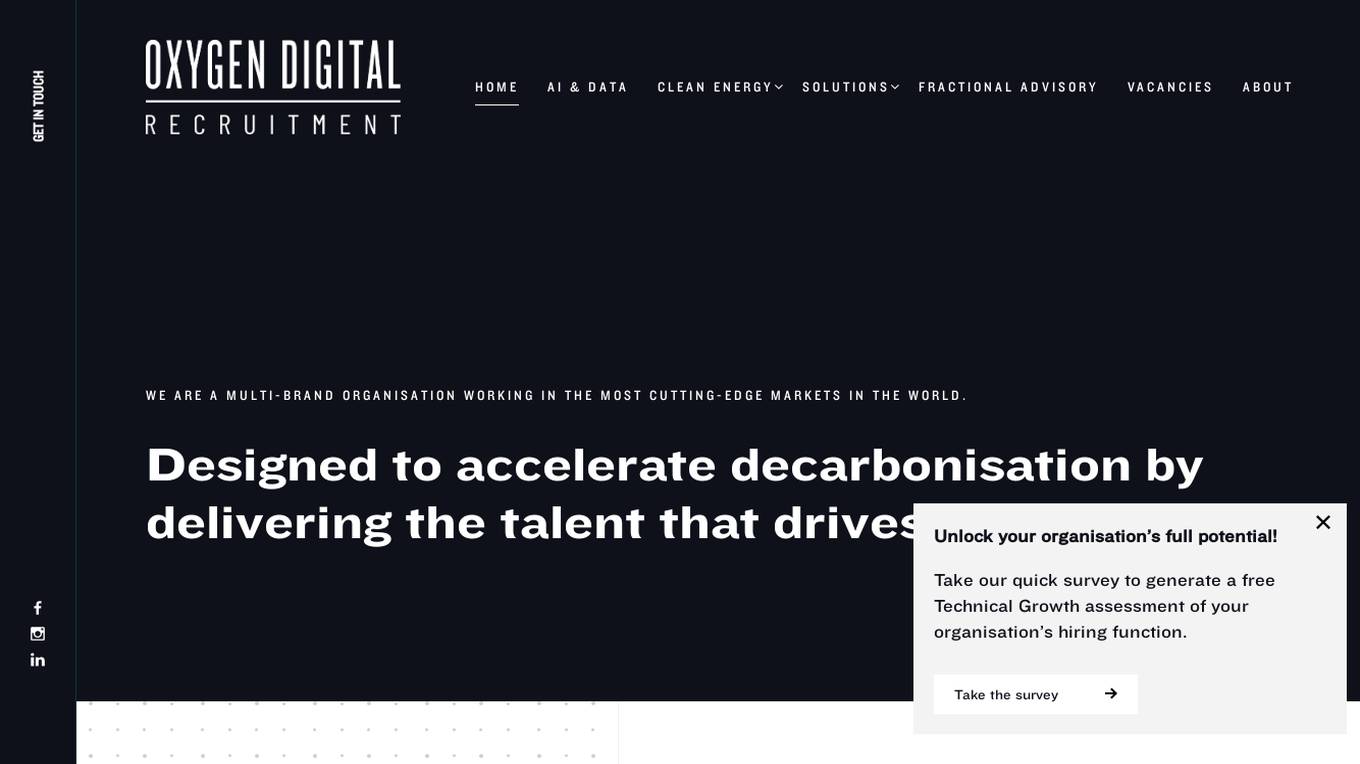
Oxygen Digital Recruitment
Oxygen Digital Recruitment is a specialized AI and Data Science recruitment platform that focuses on providing talent solutions for cutting-edge markets, including Geospatial & ESG, Energy Trading, Renewable Energy, Artificial Intelligence, and Data Science. The platform offers various services such as Permanent Search, Embedded Specialist Talent, Short-term Staffing, Retained Search, and Fractional Advisory. Oxygen Digital aims to accelerate decarbonization by delivering top talent to drive change in the industry. The platform collaborates with start-ups, scale-ups, and global enterprises to build domain-specific innovation teams, providing access to deep passive networks and the ability to hire blended workforces.
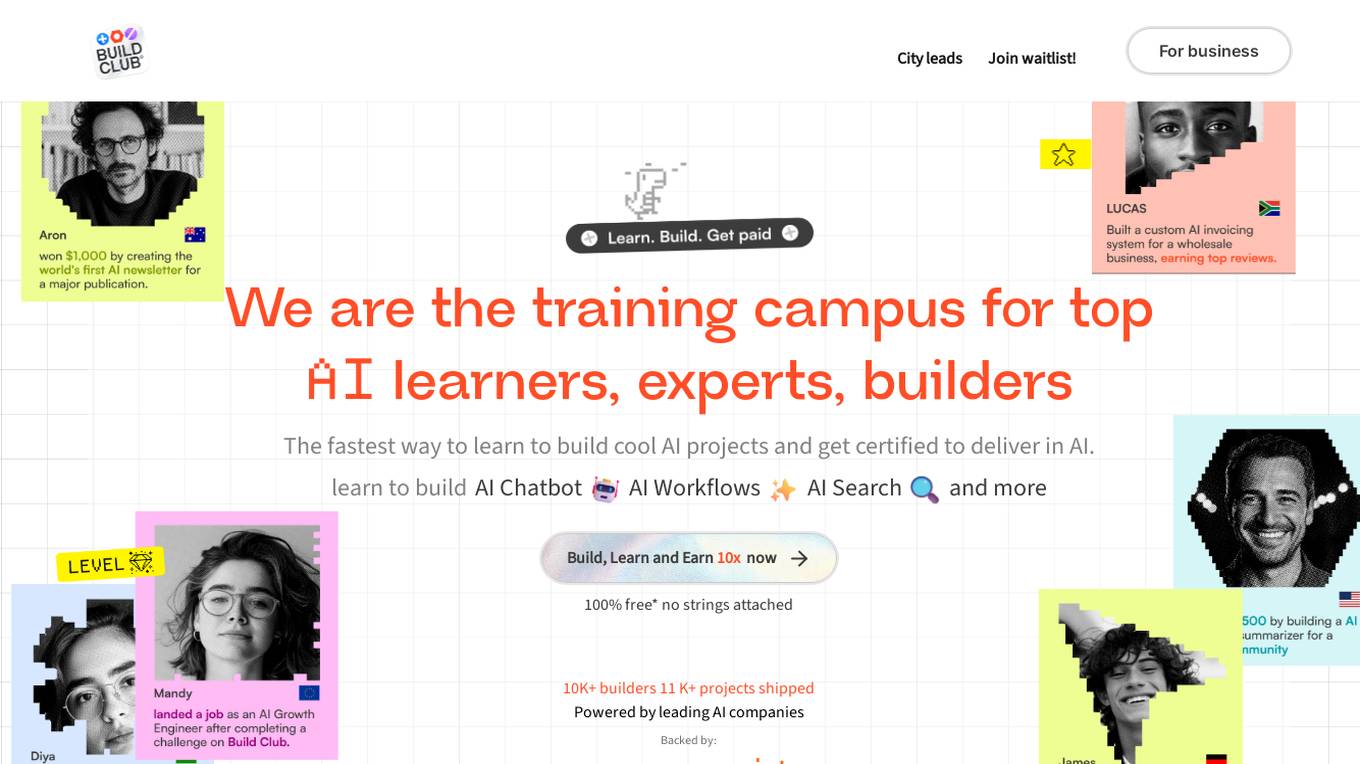
Build Club
Build Club is a leading training campus for AI learners, experts, and builders. It offers a platform where individuals can upskill into AI careers, get certified by top AI companies, learn the latest AI tools, and earn money by solving real problems. The community at Build Club consists of AI learners, engineers, consultants, and founders who collaborate on cutting-edge AI projects. The platform provides challenges, support, and resources to help individuals build AI projects and advance their skills in the field.

Unified DevOps platform to build AI applications
This is a unified DevOps platform to build AI applications. It provides a comprehensive set of tools and services to help developers build, deploy, and manage AI applications. The platform includes a variety of features such as a code editor, a debugger, a profiler, and a deployment manager. It also provides access to a variety of AI services, such as natural language processing, machine learning, and computer vision.
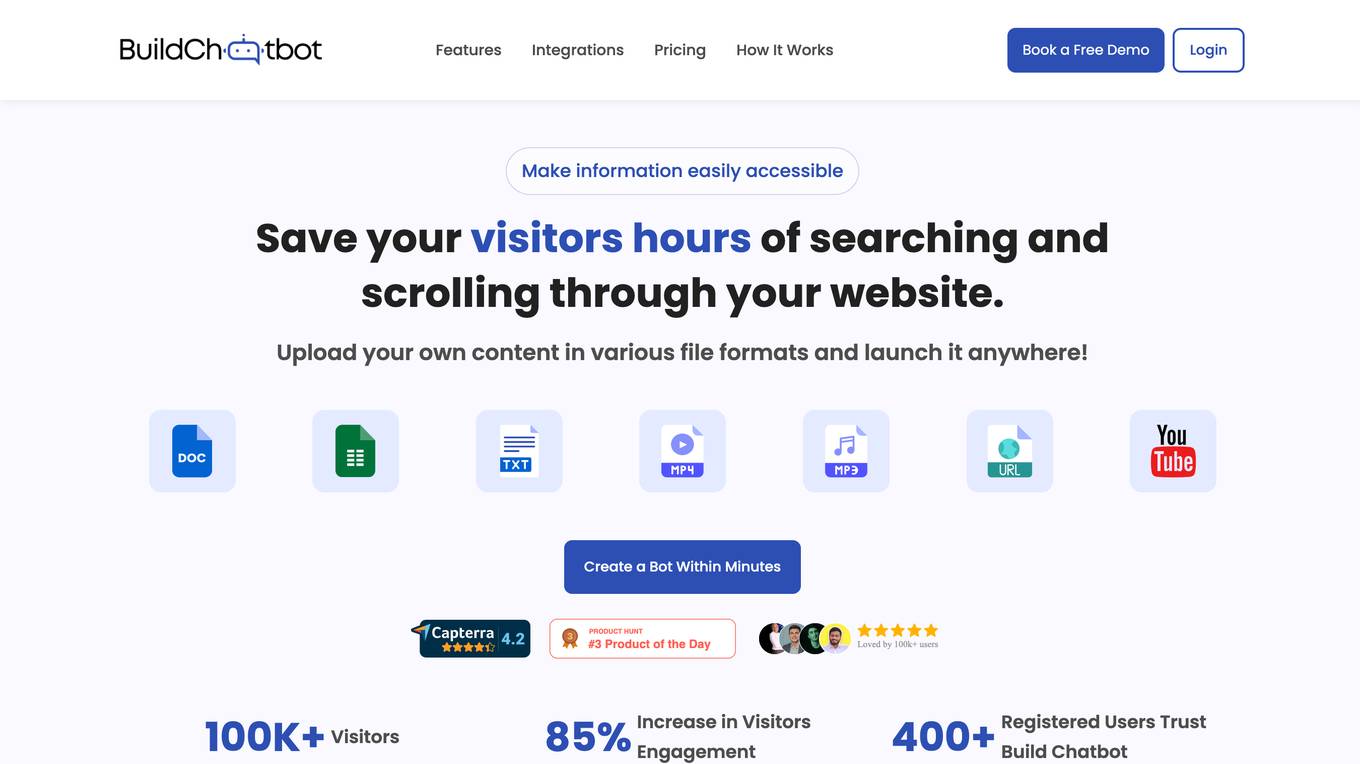
Build Chatbot
Build Chatbot is a no-code chatbot builder designed to simplify the process of creating chatbots. It enables users to build their chatbot without any coding knowledge, auto-train it with personalized content, and get the chatbot ready with an engaging UI. The platform offers various features to enhance user engagement, provide personalized responses, and streamline communication with website visitors. Build Chatbot aims to save time for both businesses and customers by making information easily accessible and transforming visitors into satisfied customers.
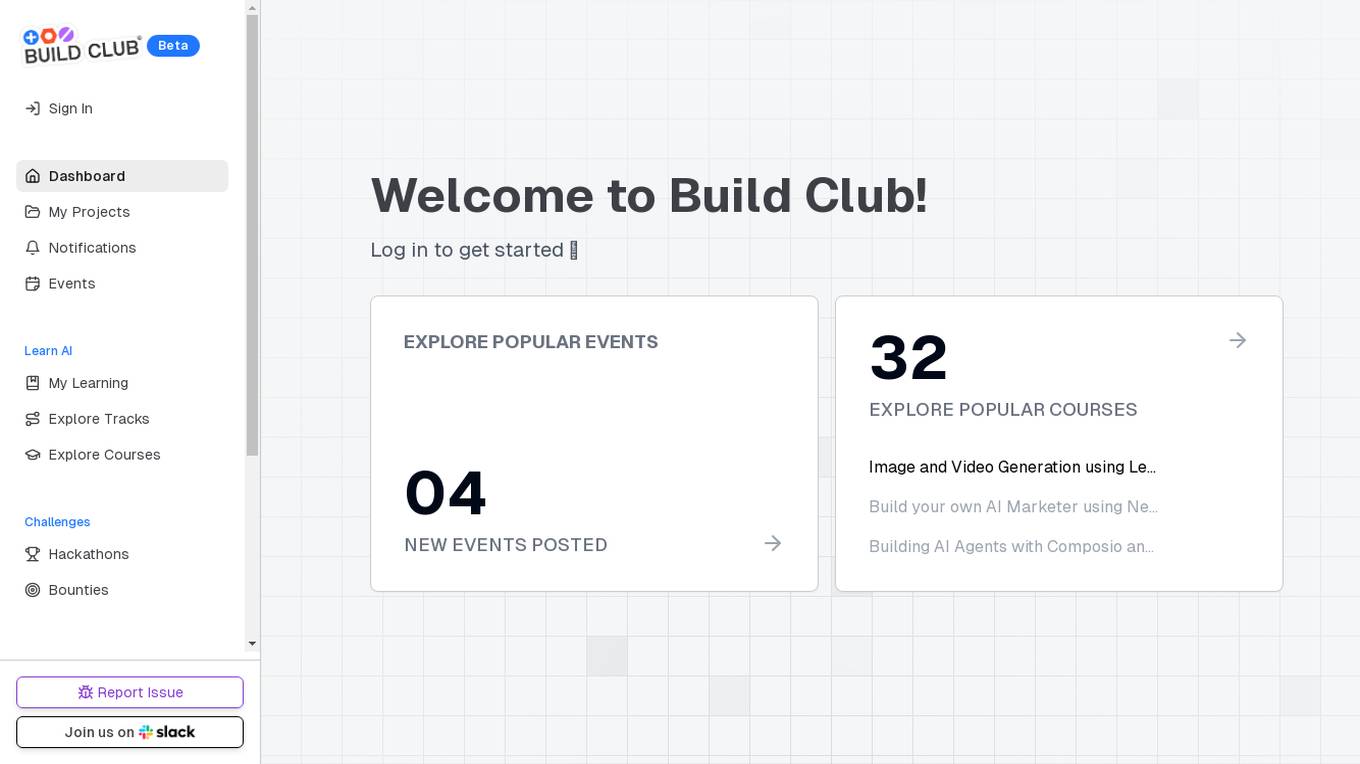
Build Club
Build Club is an AI tool designed to help individuals learn and explore various aspects of artificial intelligence. The platform offers a wide range of courses, challenges, hackathons, and community projects to enhance users' AI skills. Users can build AI models for tasks like image and video generation, AI marketing, and creating AI agents. Build Club aims to create a collaborative learning environment for AI enthusiasts to grow their knowledge and skills in the field of artificial intelligence.
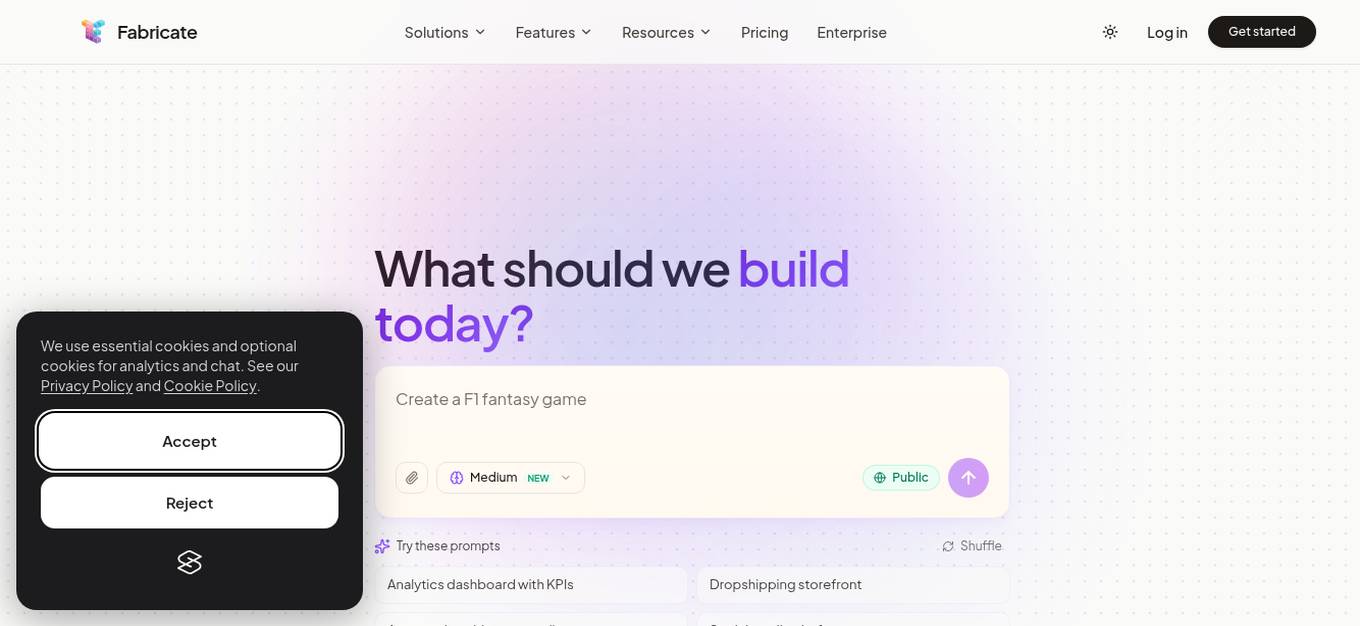
Fabricate
Fabricate is an AI full-stack app builder that empowers users to create a wide range of applications quickly and efficiently. With Fabricate, users can build anything they imagine and launch their projects to market faster than ever before. The platform offers a user-friendly interface and a powerful set of tools to streamline the app development process, making it accessible to both beginners and experienced developers. Fabricate leverages AI technology to automate various aspects of app building, from design to deployment, enabling users to focus on their ideas rather than technical complexities.
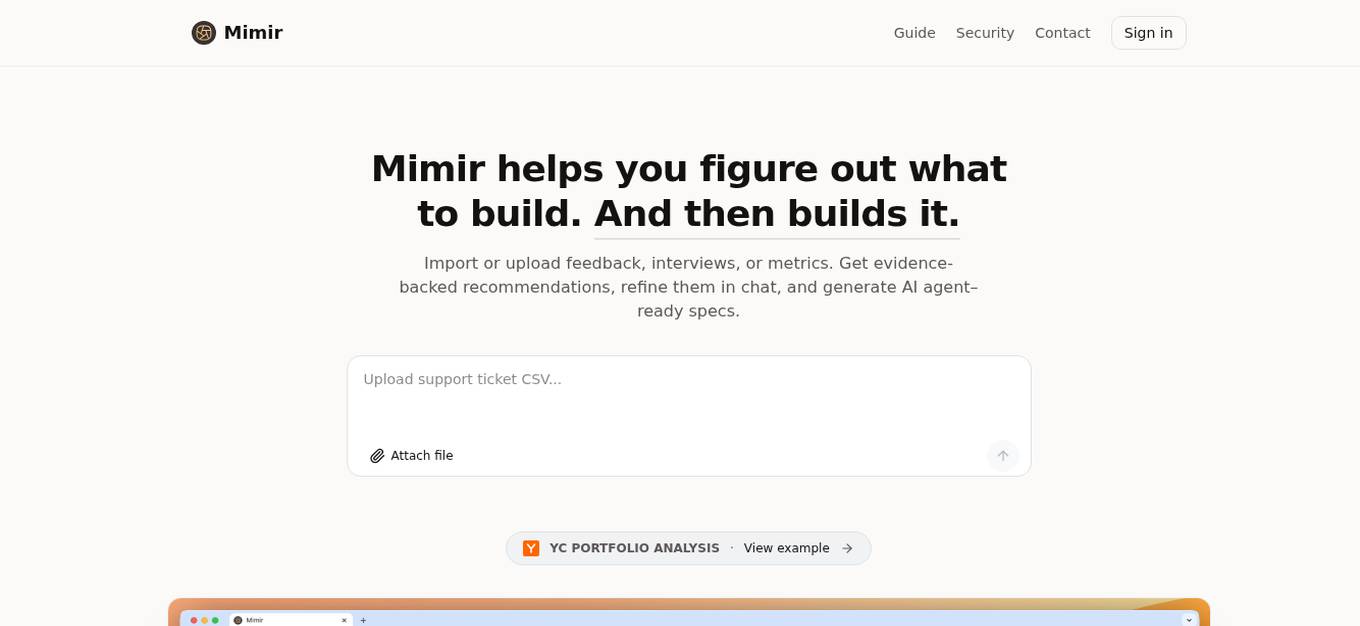
Mimir
Mimir is an AI-native product management tool that helps users figure out what to build next by importing or uploading feedback, interviews, or metrics. It provides evidence-backed recommendations, refines them in chat, and generates AI agent-ready specs. Mimir stands out by creating GitHub issues from recommendations with complete specs and implementation tasks, enabling users to ship features in hours. The tool extracts structured insights, clusters them into themes, and generates prioritized recommendations based on product management best practices. Mimir learns from every interaction, aligning recommendations with the user's business context over time.
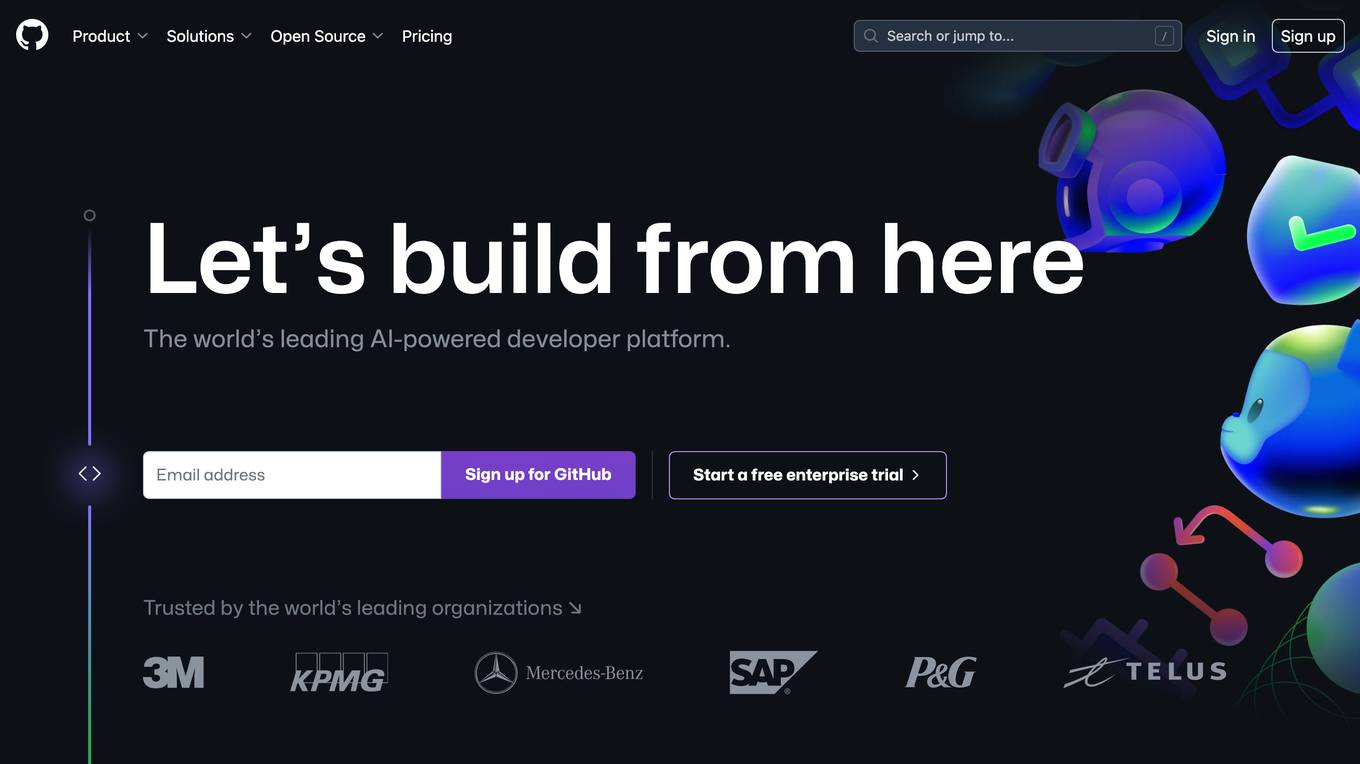
GitHub
GitHub is a collaborative platform that allows users to build and ship software efficiently. GitHub Copilot, an AI-powered tool, helps developers write better code by providing coding assistance, automating workflows, and enhancing security. The platform offers features such as instant dev environments, code review, code search, and collaboration tools. GitHub is widely used by enterprises, small and medium teams, startups, and nonprofits across various industries. It aims to simplify the development process, increase productivity, and improve the overall developer experience.
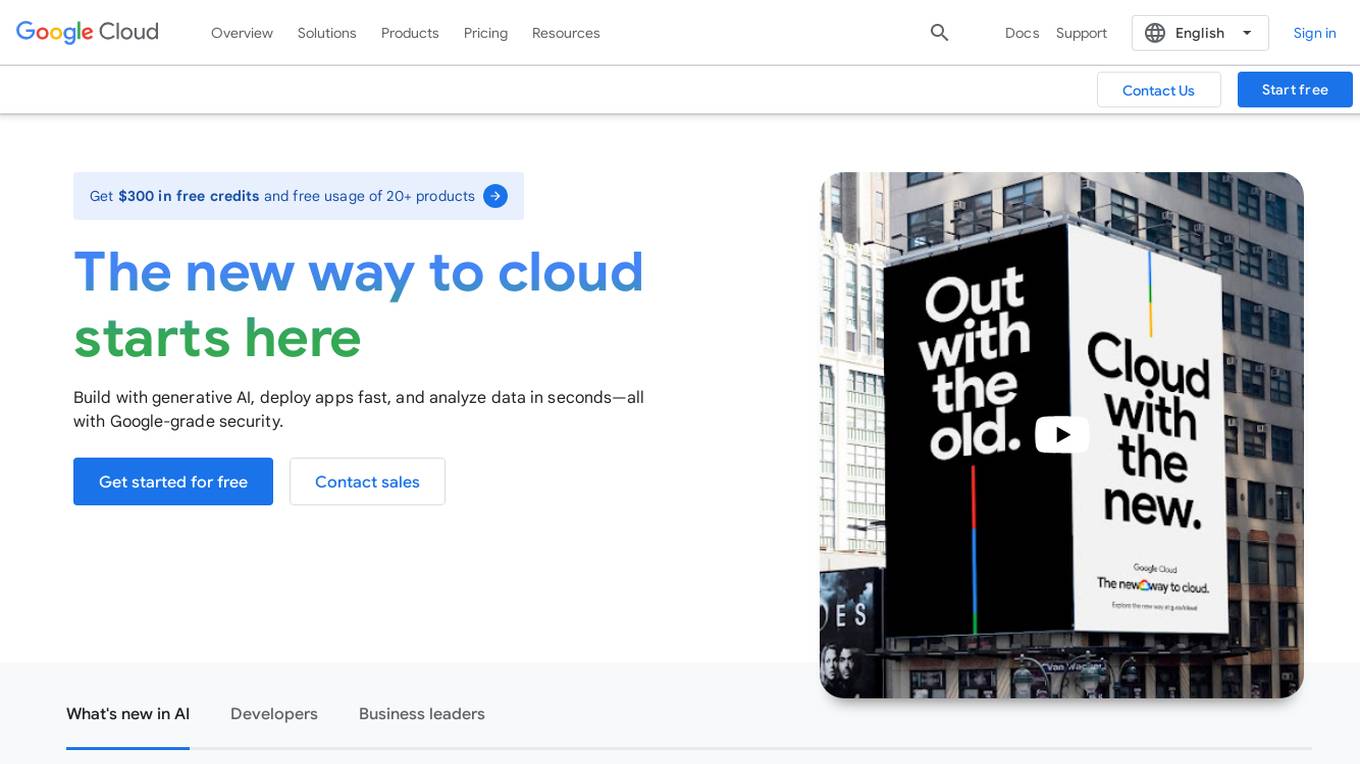
Google Cloud
Google Cloud is a suite of cloud computing services that runs on the same infrastructure as Google. Its services include computing, storage, networking, databases, machine learning, and more. Google Cloud is designed to make it easy for businesses to develop and deploy applications in the cloud. It offers a variety of tools and services to help businesses with everything from building and deploying applications to managing their infrastructure. Google Cloud is also committed to sustainability, and it has a number of programs in place to reduce its environmental impact.
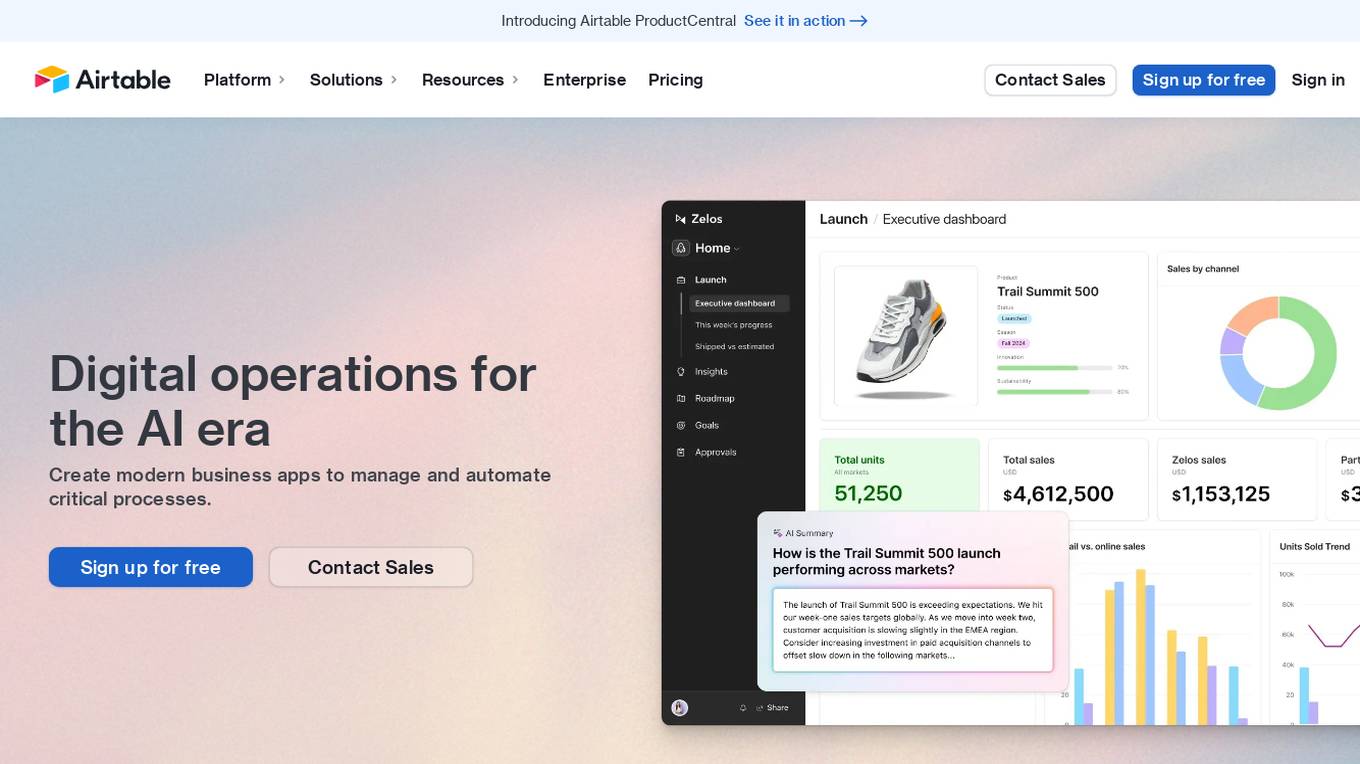
Airtable
Airtable is a next-gen app-building platform that enables teams to create custom business apps without the need for coding. It offers features like AI integration, connected data, automations, interface design, and data visualization. Airtable allows users to manage security, permissions, and data protection at scale. The platform also provides integrations with popular tools like Slack, Google Drive, and Salesforce, along with an extension marketplace for additional templates and apps. Users can streamline workflows, automate processes, and gain insights through reporting and analytics.
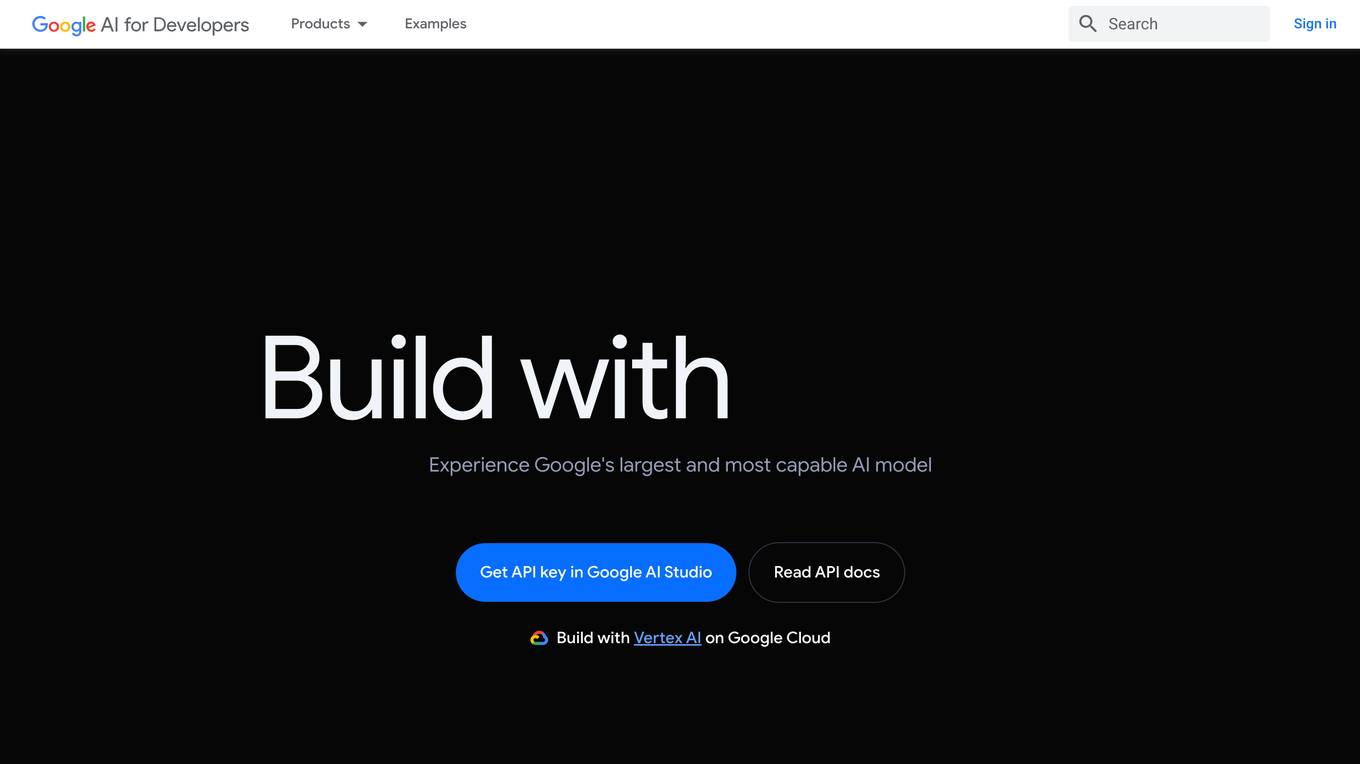
Gemini
Gemini is a large and powerful AI model developed by Google. It is designed to handle a wide variety of text and image reasoning tasks, and it can be used to build a variety of AI-powered applications. Gemini is available in three sizes: Ultra, Pro, and Nano. Ultra is the most capable model, but it is also the most expensive. Pro is the best performing model for a wide variety of tasks, and it is a good value for the price. Nano is the most efficient model, and it is designed for on-device use cases.
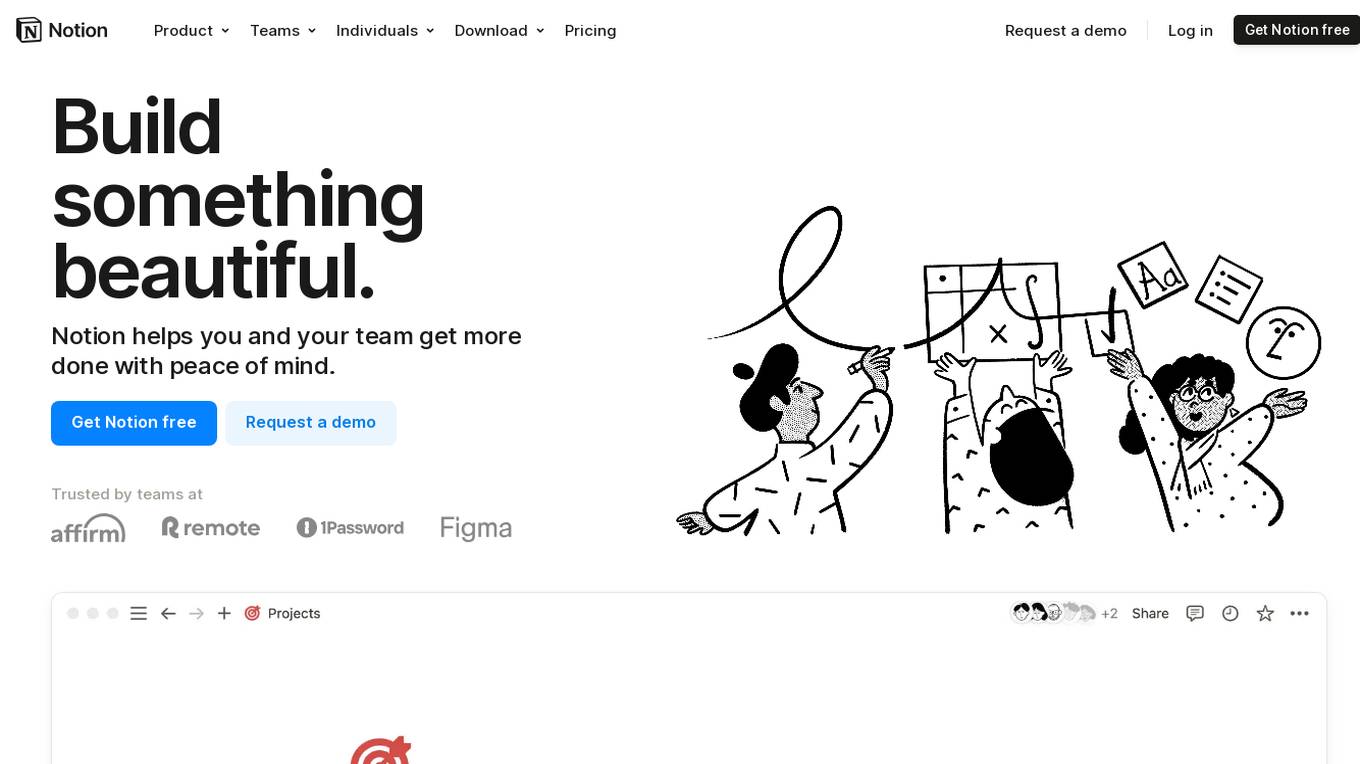
Notion
Notion is an AI-integrated workspace platform that combines wiki, docs, and project management functionalities in one tool. It offers a centralized hub for teams to collaborate, share knowledge, manage projects, and streamline workflows. With AI assistance, users can enhance their productivity by automating tasks, generating content, and finding information quickly. Notion aims to simplify work processes and empower teams to work more efficiently and creatively.
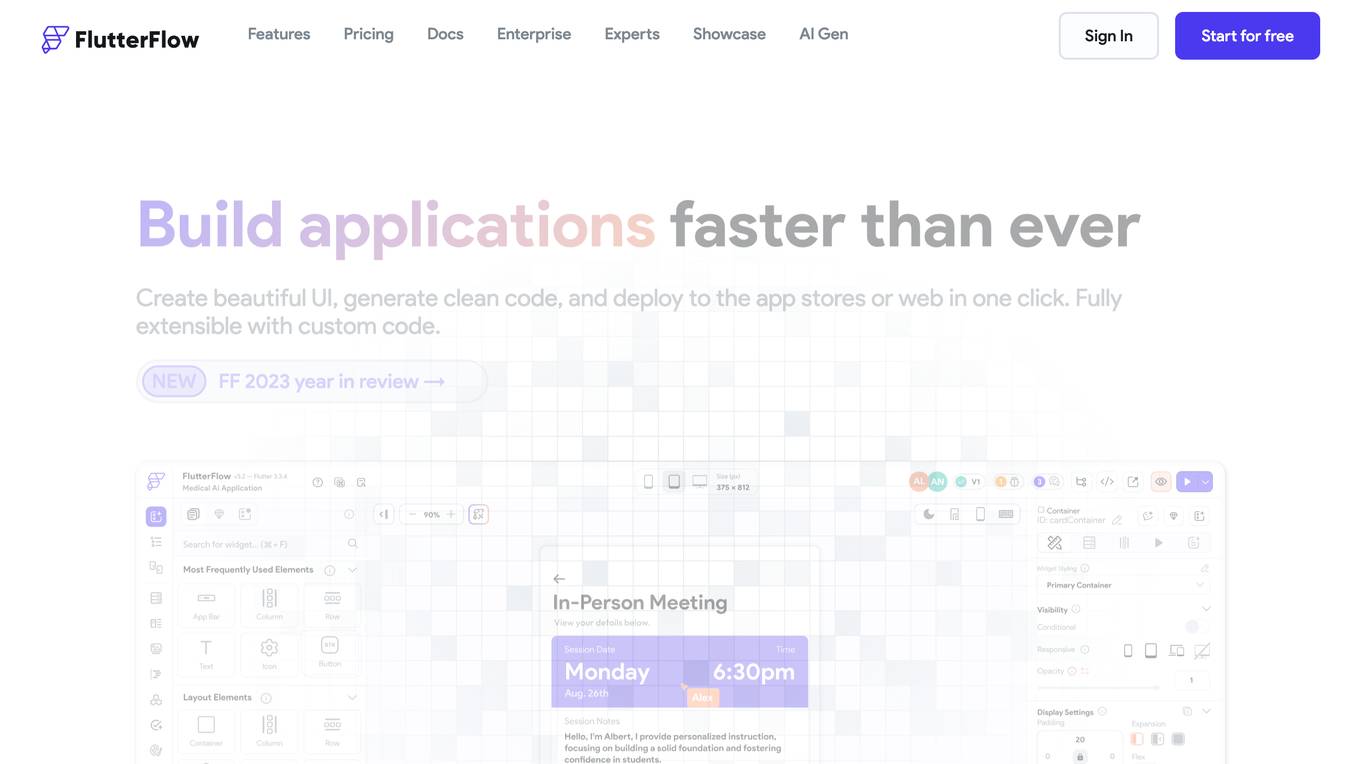
FlutterFlow
FlutterFlow is a low-code development platform that enables users to build cross-platform mobile and web applications without writing code. It provides a visual interface for designing user interfaces, connecting data, and implementing complex logic. FlutterFlow is trusted by users at leading companies around the world and has been used to build a wide range of applications, from simple prototypes to complex enterprise solutions.
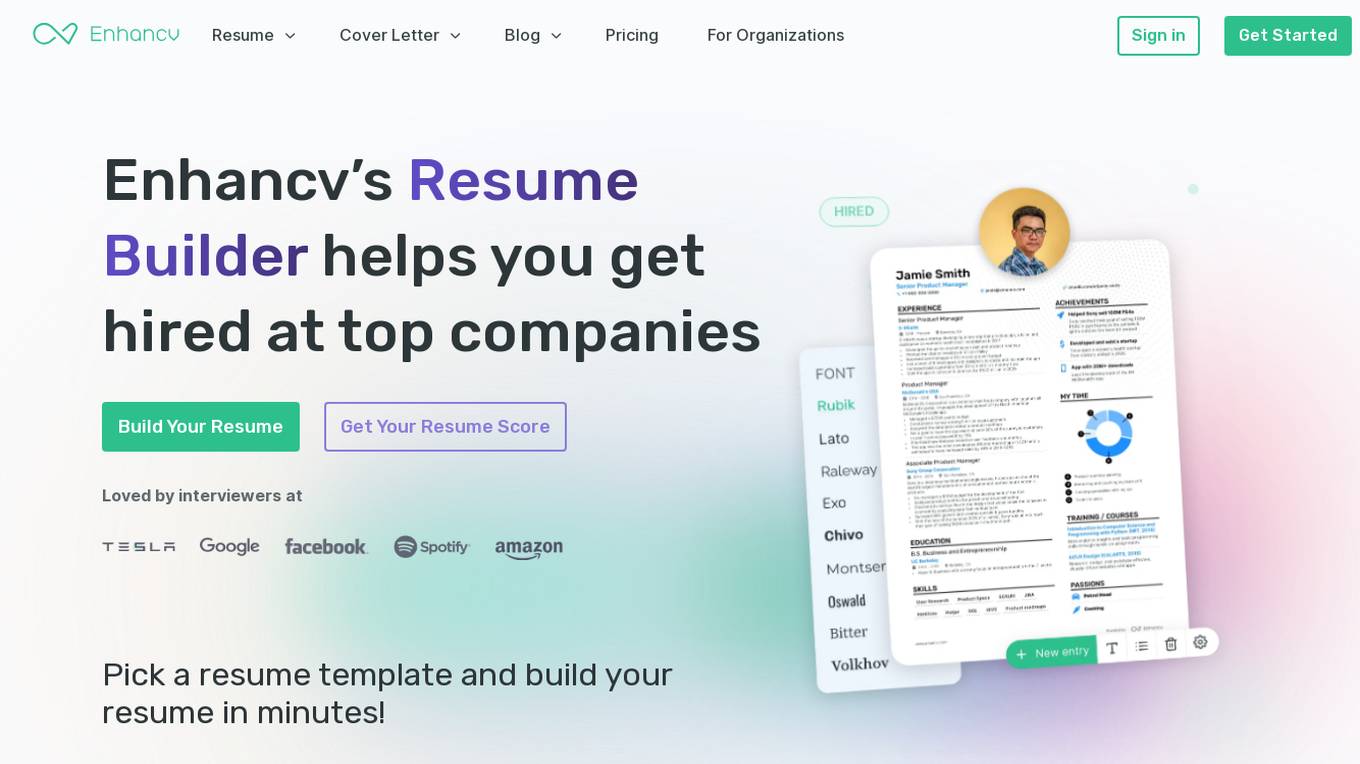
Enhancv
Enhancv is an AI-powered online resume builder that helps users create professional resumes and cover letters tailored to their job applications. The tool offers a drag-and-drop resume builder with a variety of modern templates, a resume checker that evaluates resumes for ATS-friendliness, and provides actionable suggestions. Enhancv also provides resume and CV examples written by experienced professionals, a resume tailoring feature, and a free resume checker. Users can download their resumes in PDF or TXT formats and store up to 30 documents in cloud storage.
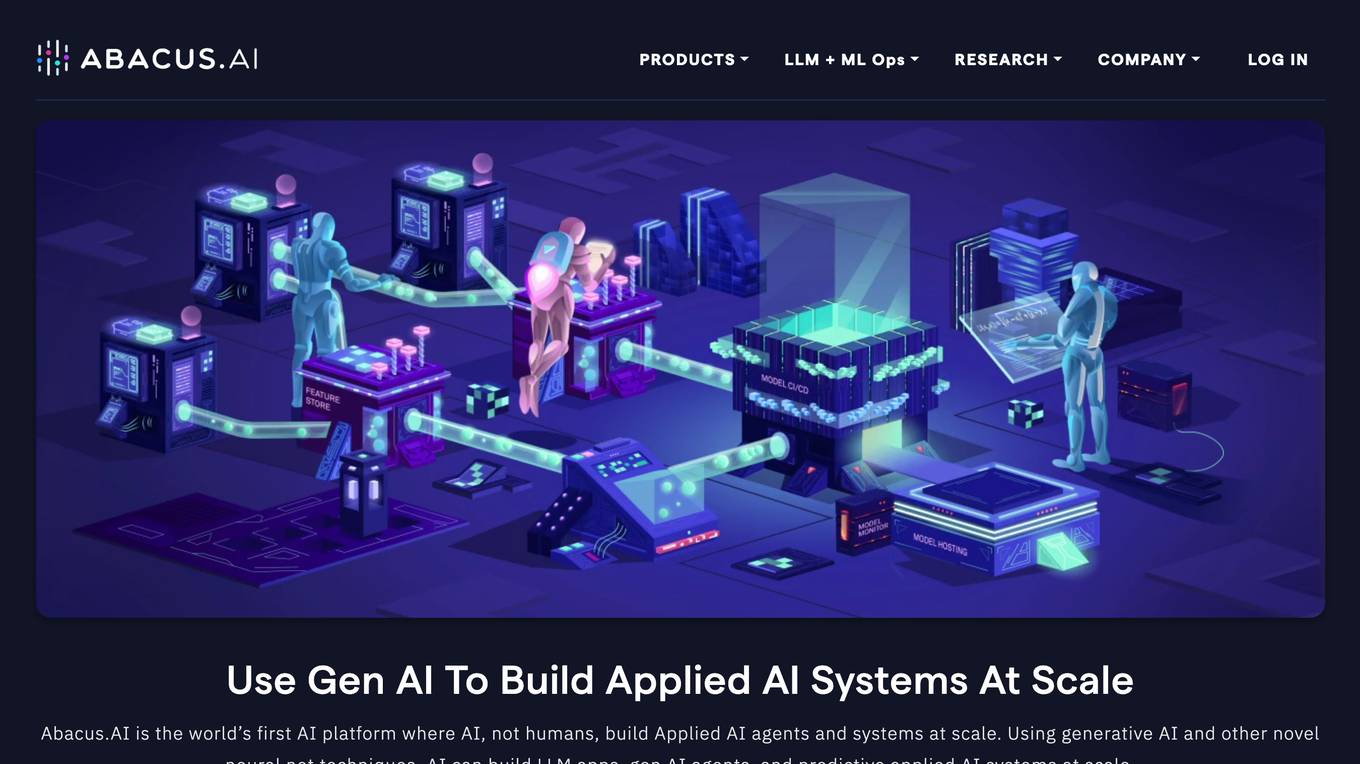
Abacus.AI
Abacus.AI is the world's first AI platform where AI, not humans, build Applied AI agents and systems at scale. Using generative AI and other novel neural net techniques, AI can build LLM apps, gen AI agents, and predictive applied AI systems at scale.
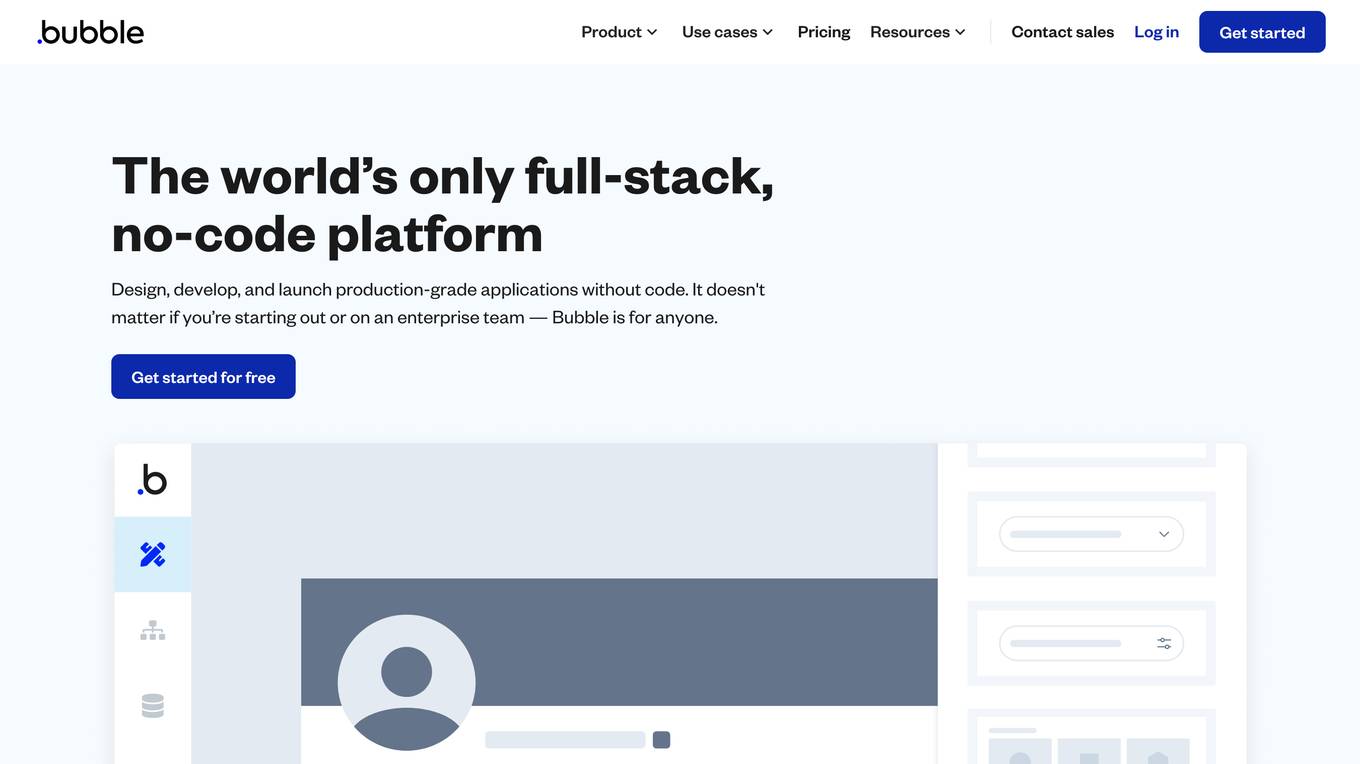
Bubble
Bubble is a no-code application development platform that allows users to build and deploy web and mobile applications without writing any code. It provides a visual interface for designing and developing applications, and it includes a library of pre-built components and templates that can be used to accelerate development. Bubble is suitable for a wide range of users, from beginners with no coding experience to experienced developers who want to build applications quickly and easily.
0 - Open Source AI Tools
20 - OpenAI Gpts
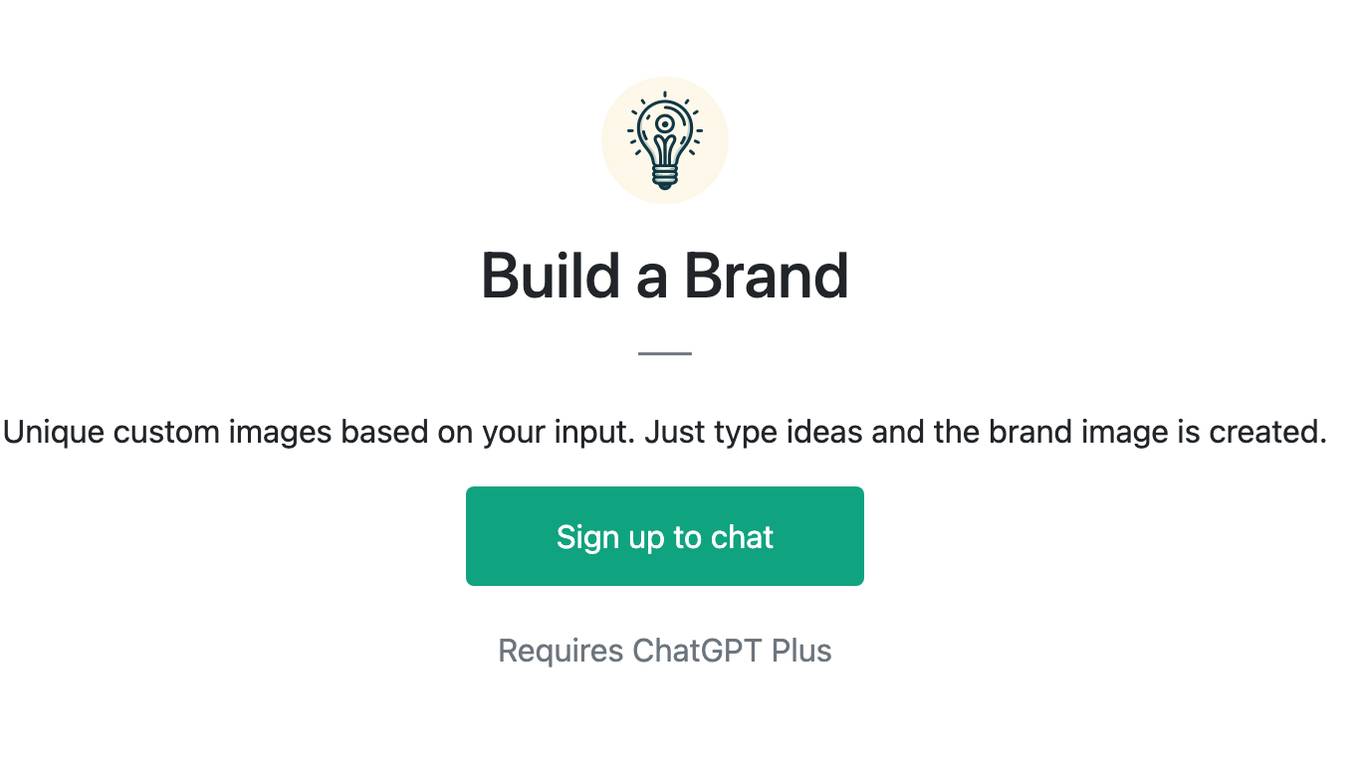
Build a Brand
Unique custom images based on your input. Just type ideas and the brand image is created.
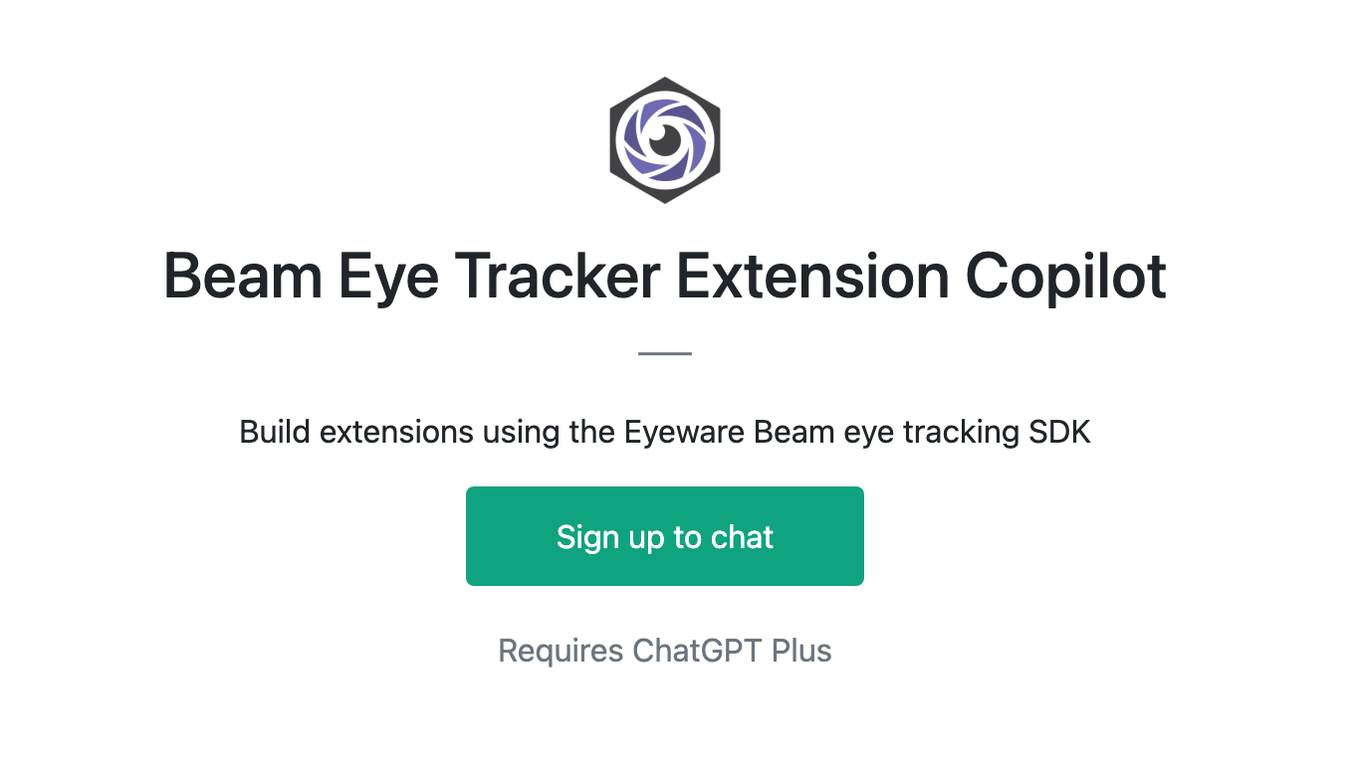
Beam Eye Tracker Extension Copilot
Build extensions using the Eyeware Beam eye tracking SDK

Business Model Canvas Strategist
Business Model Canvas Creator - Build and evaluate your business model

League Champion Builder GPT
Build your own League of Legends Style Champion with Abilities, Back Story and Splash Art
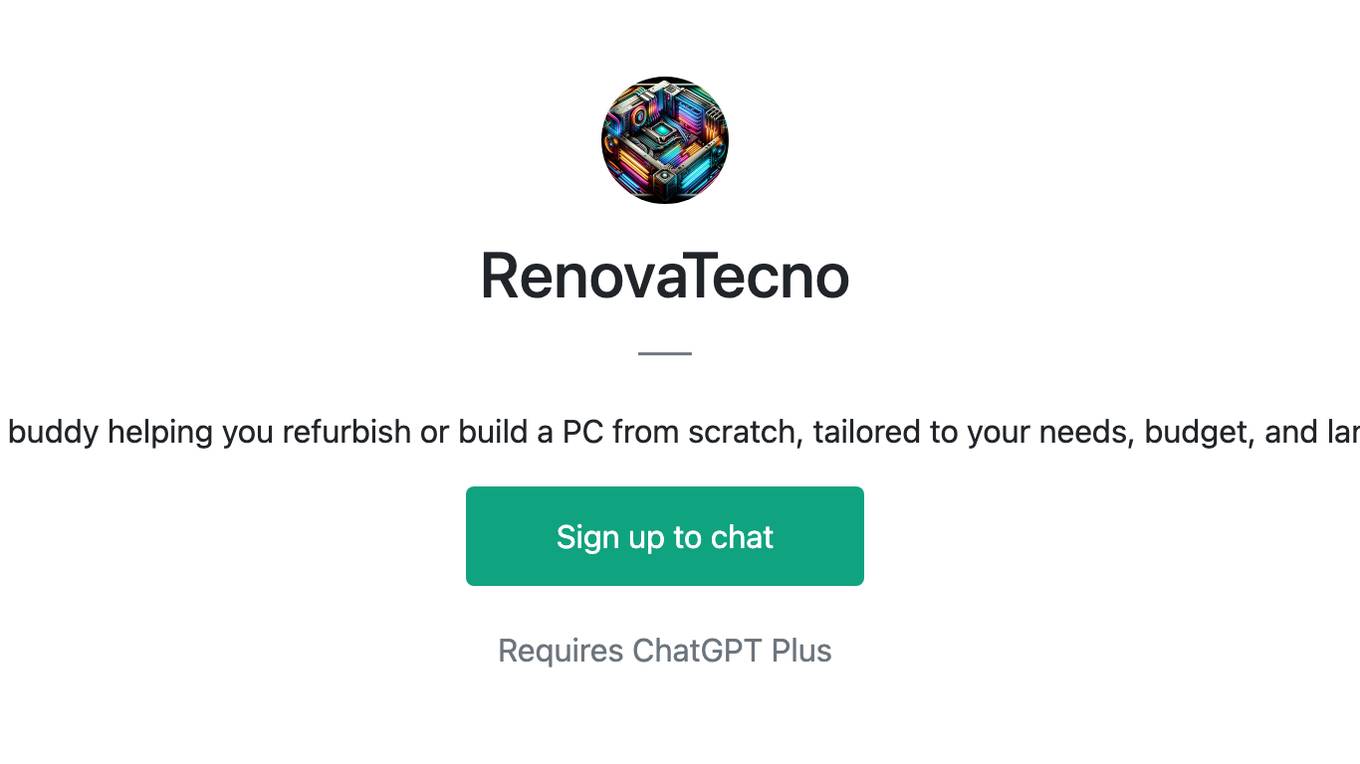
RenovaTecno
Your tech buddy helping you refurbish or build a PC from scratch, tailored to your needs, budget, and language.
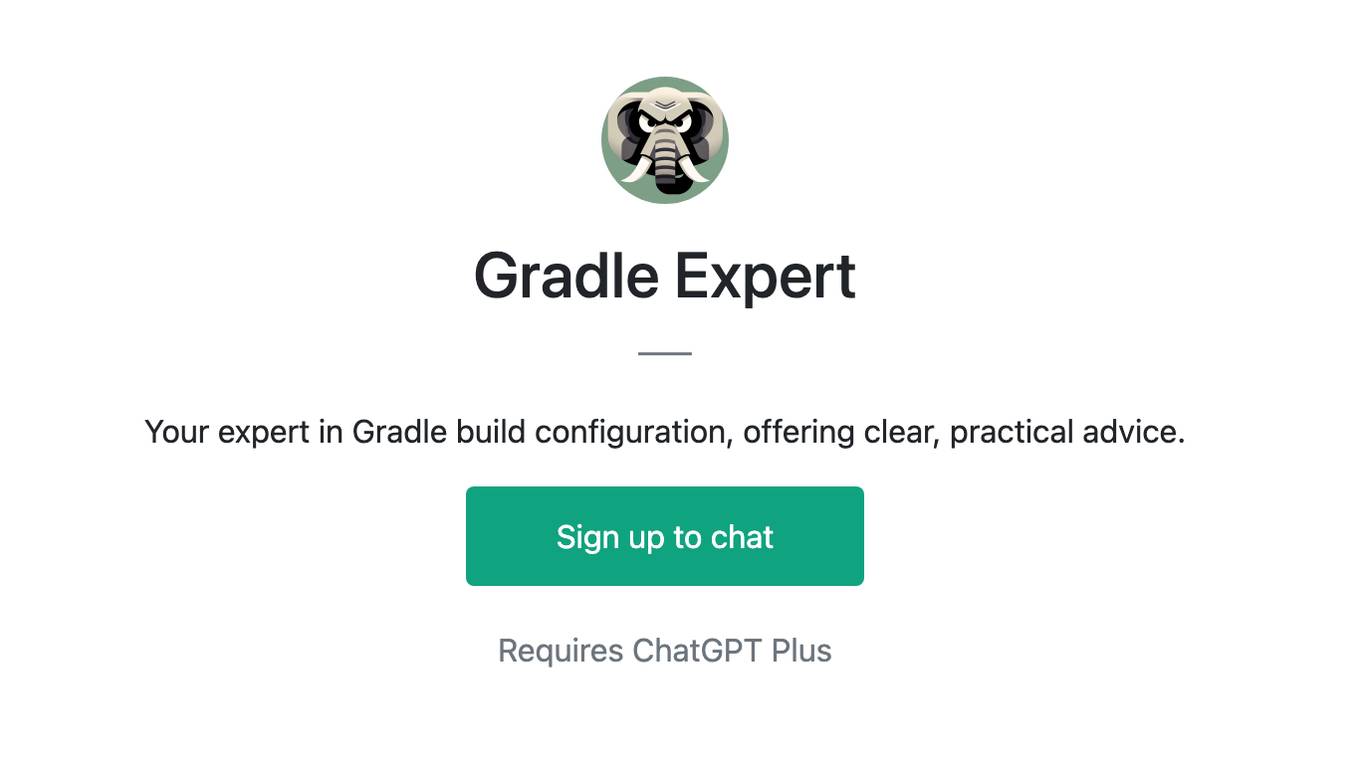
Gradle Expert
Your expert in Gradle build configuration, offering clear, practical advice.
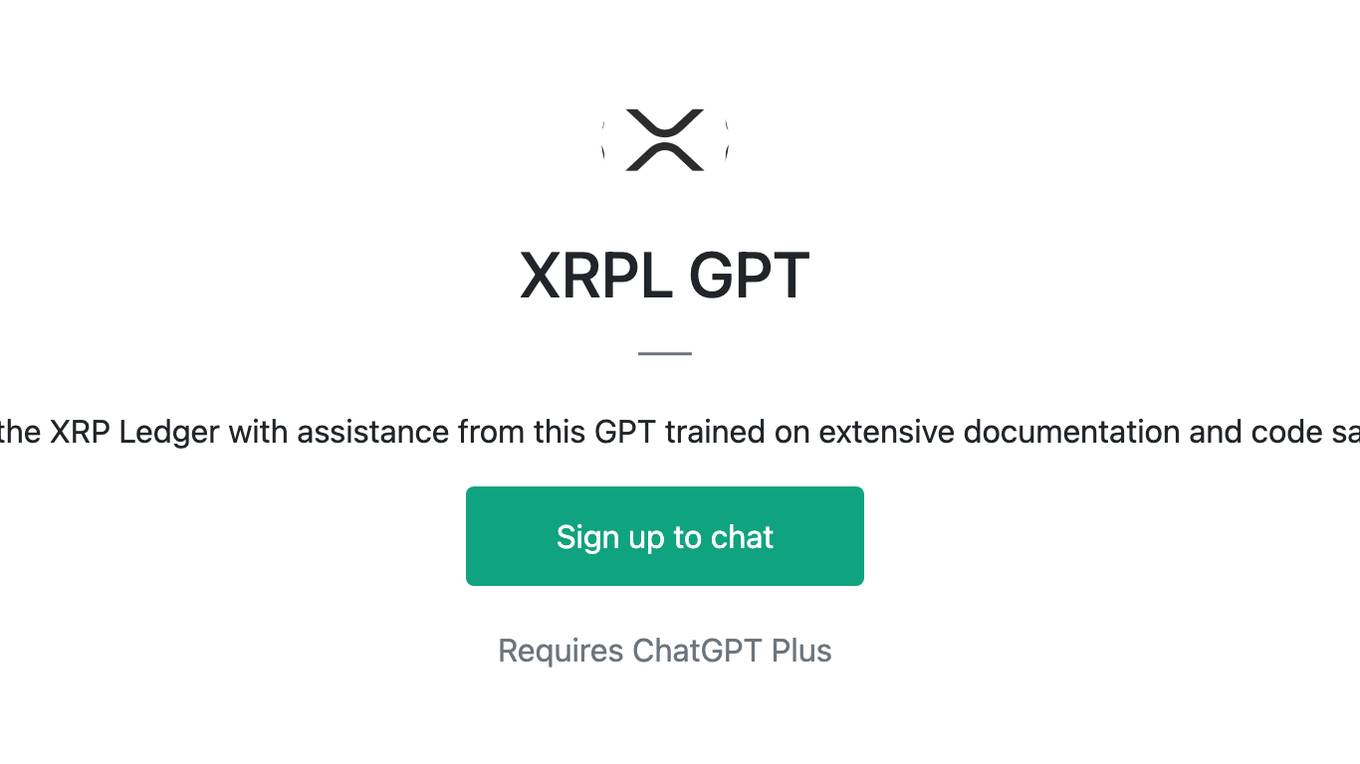
XRPL GPT
Build on the XRP Ledger with assistance from this GPT trained on extensive documentation and code samples.
